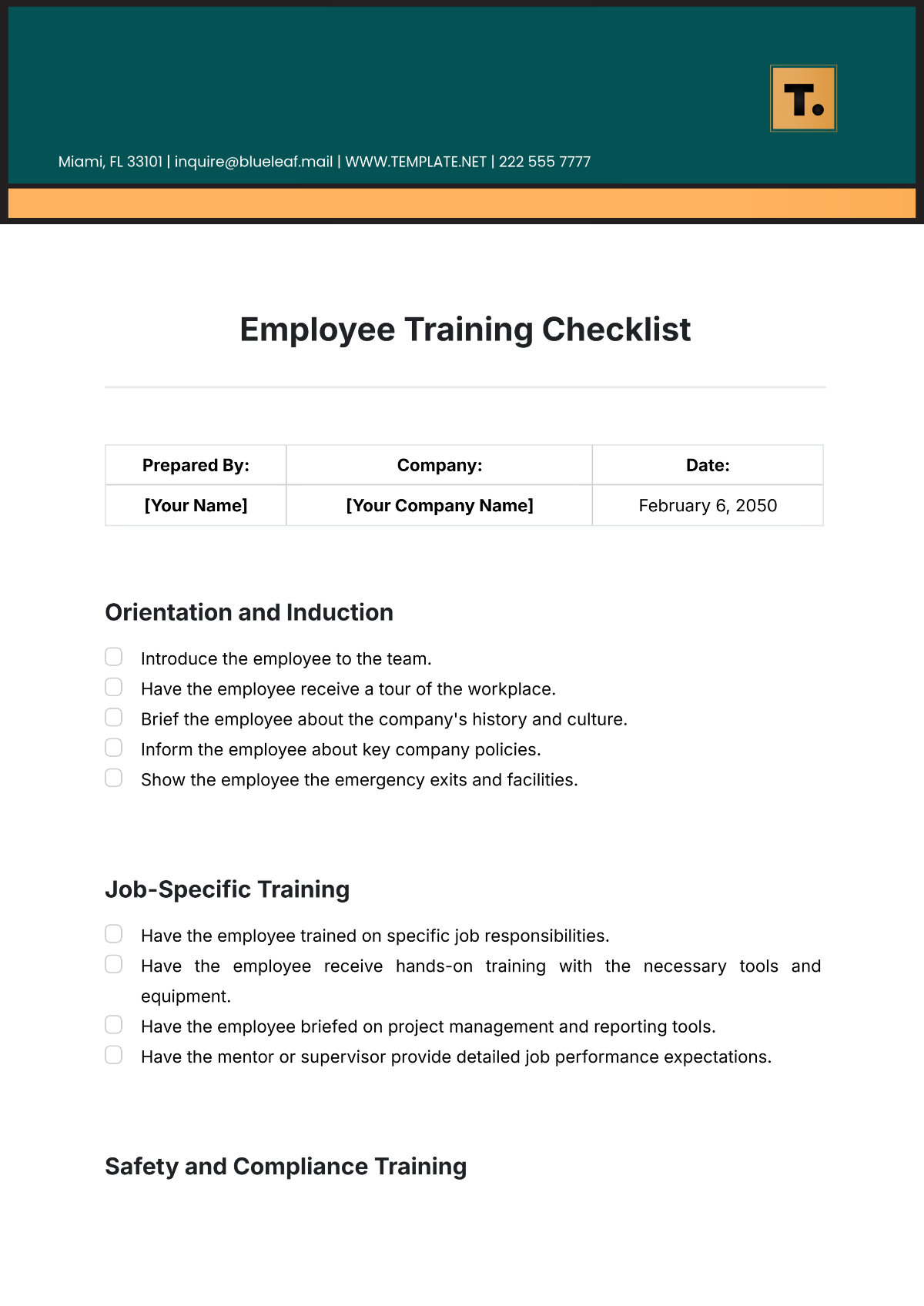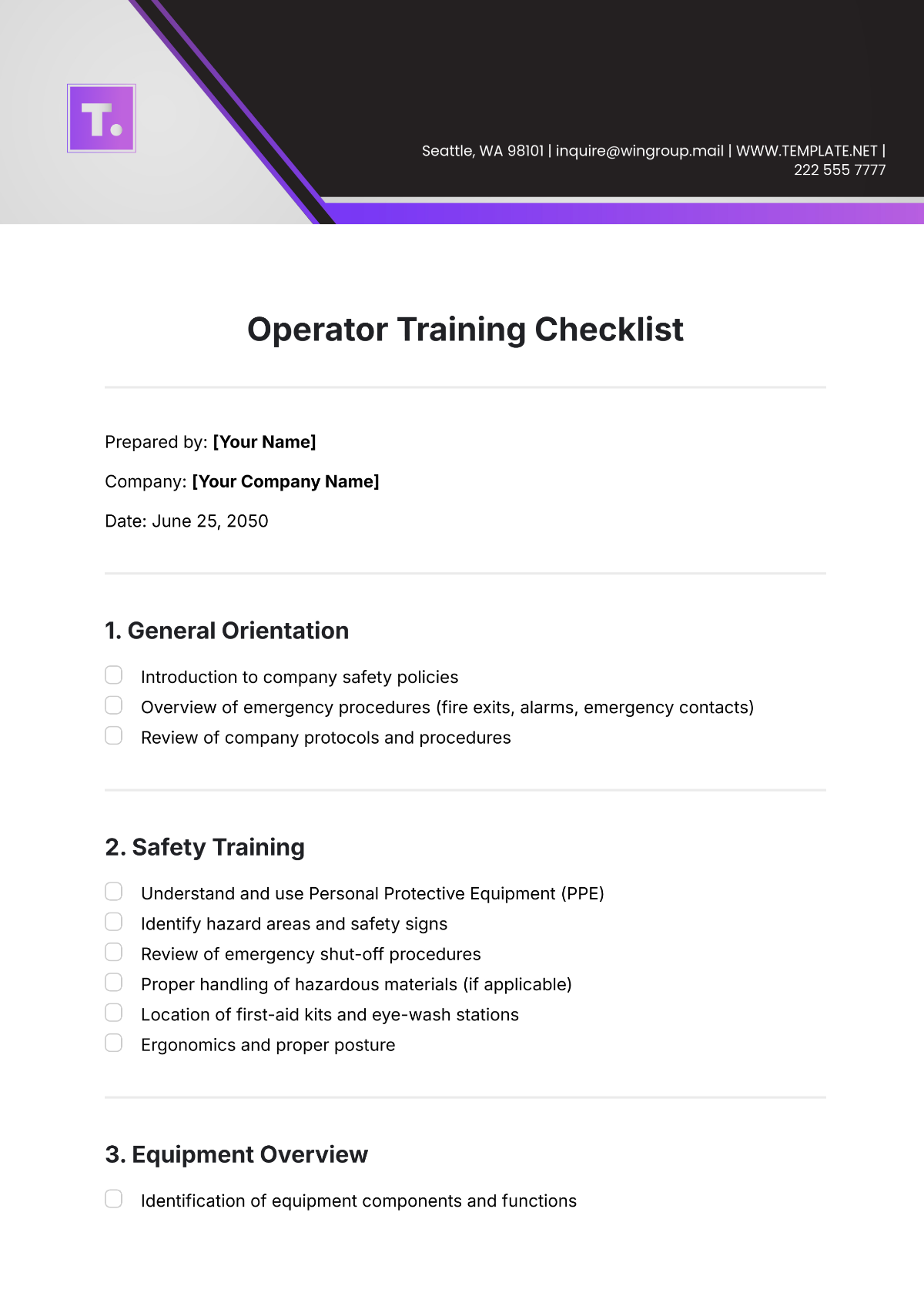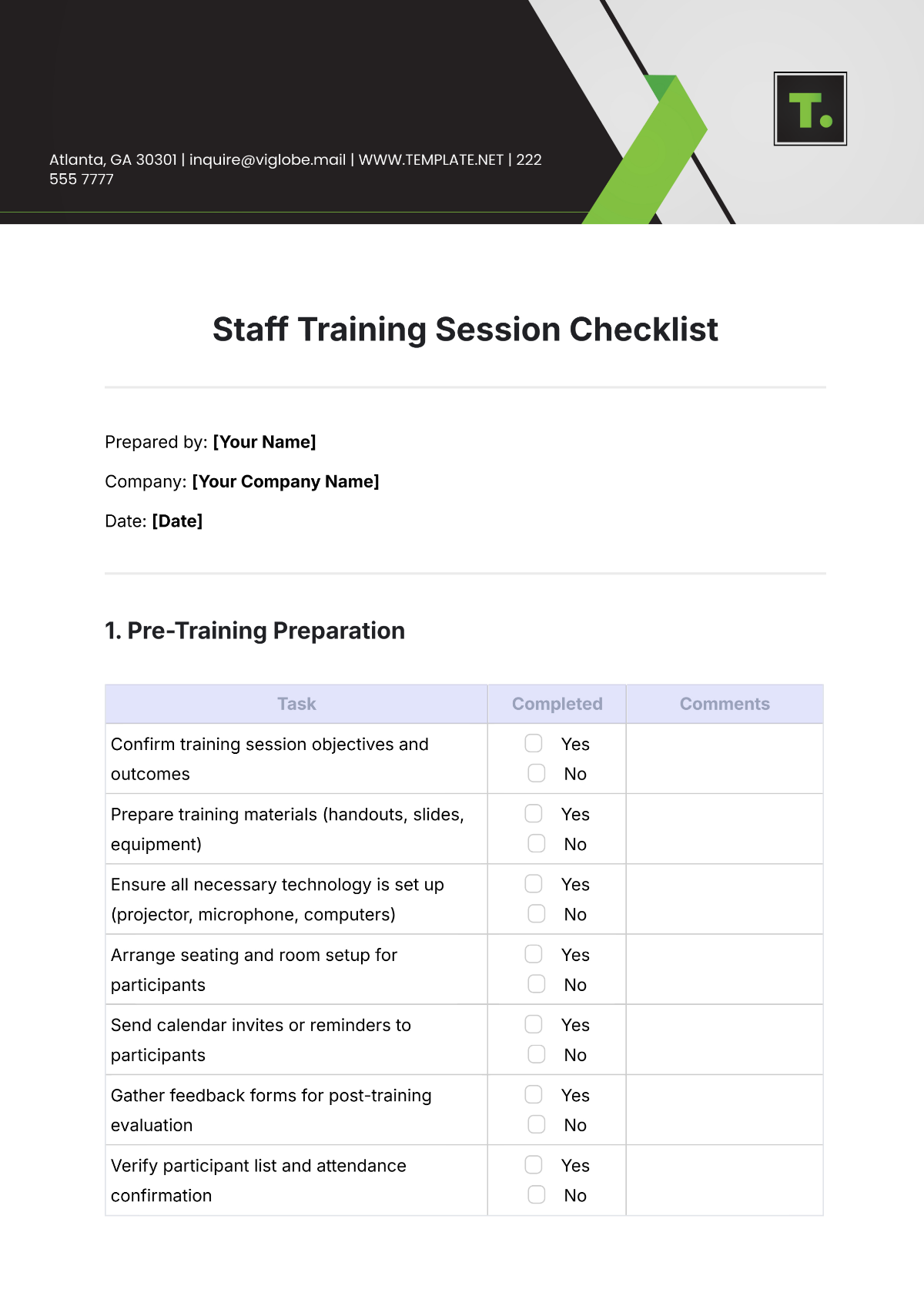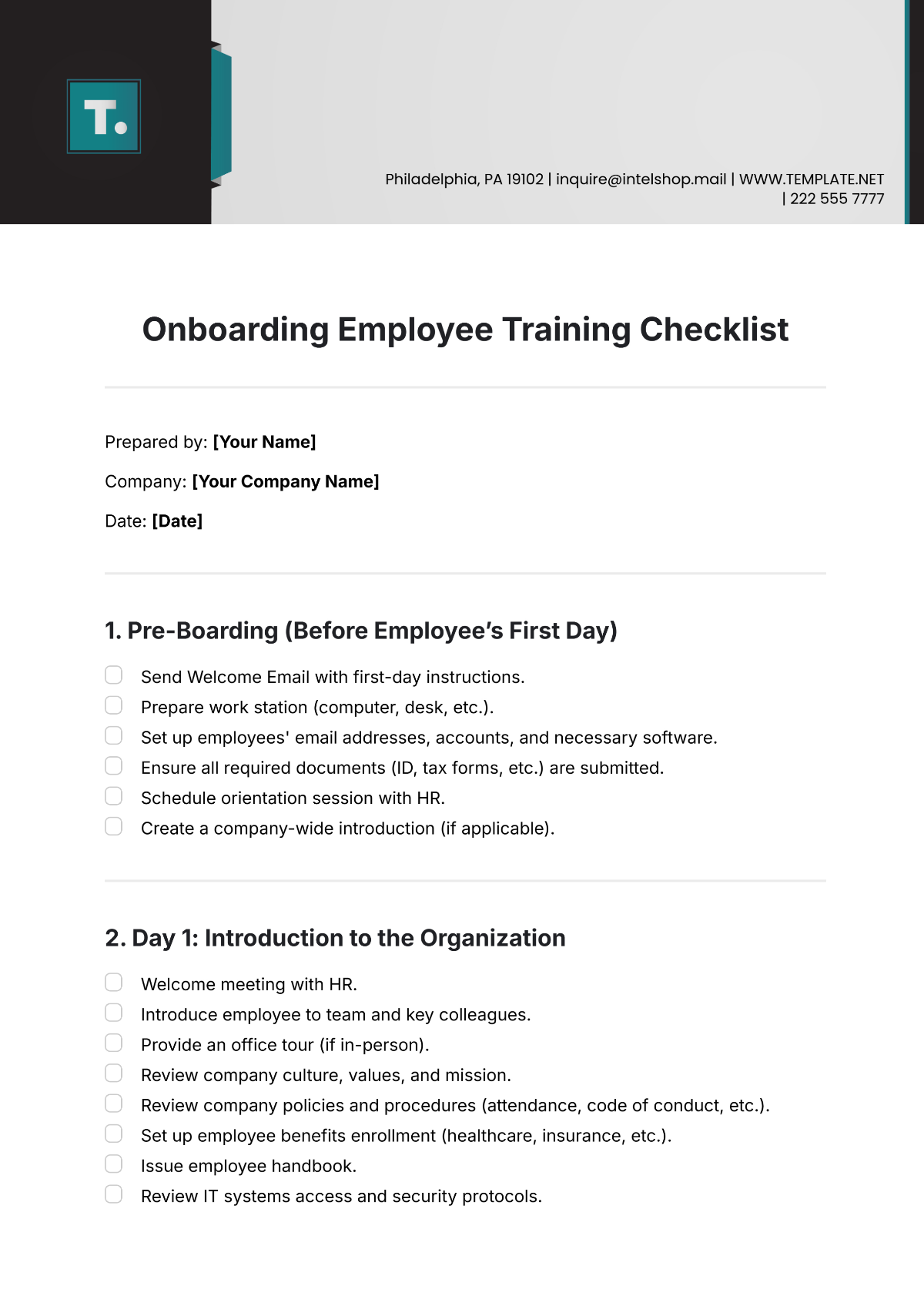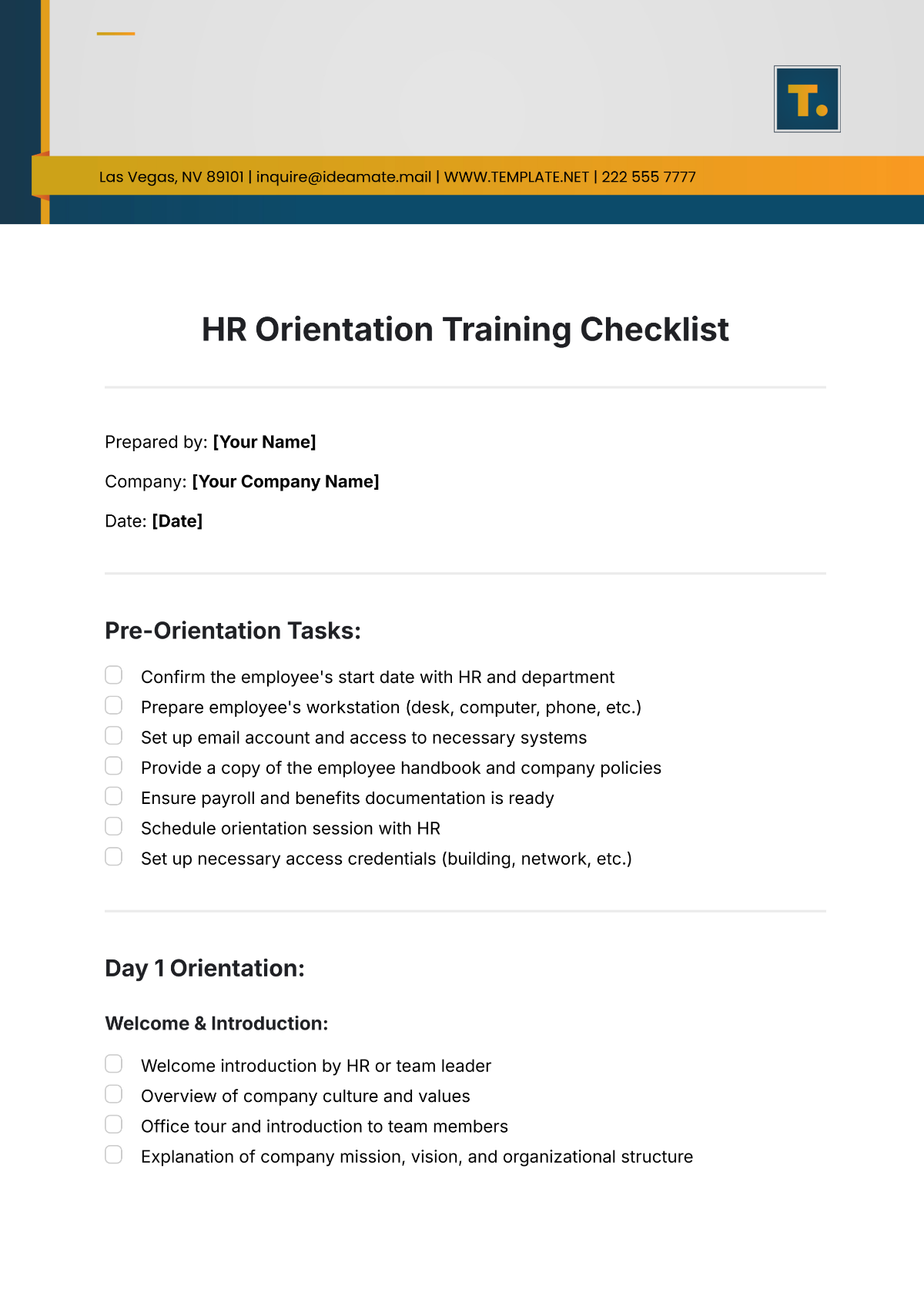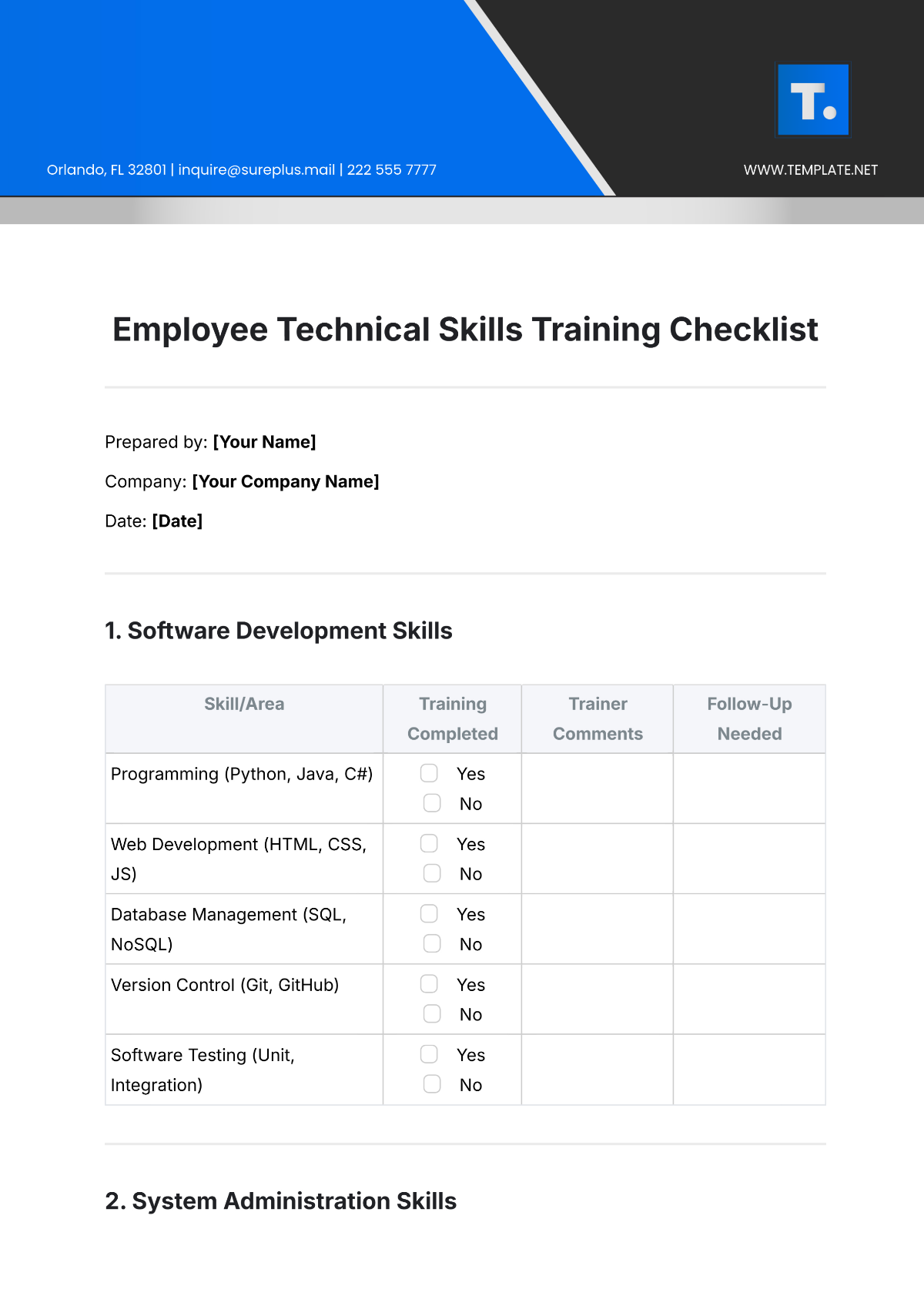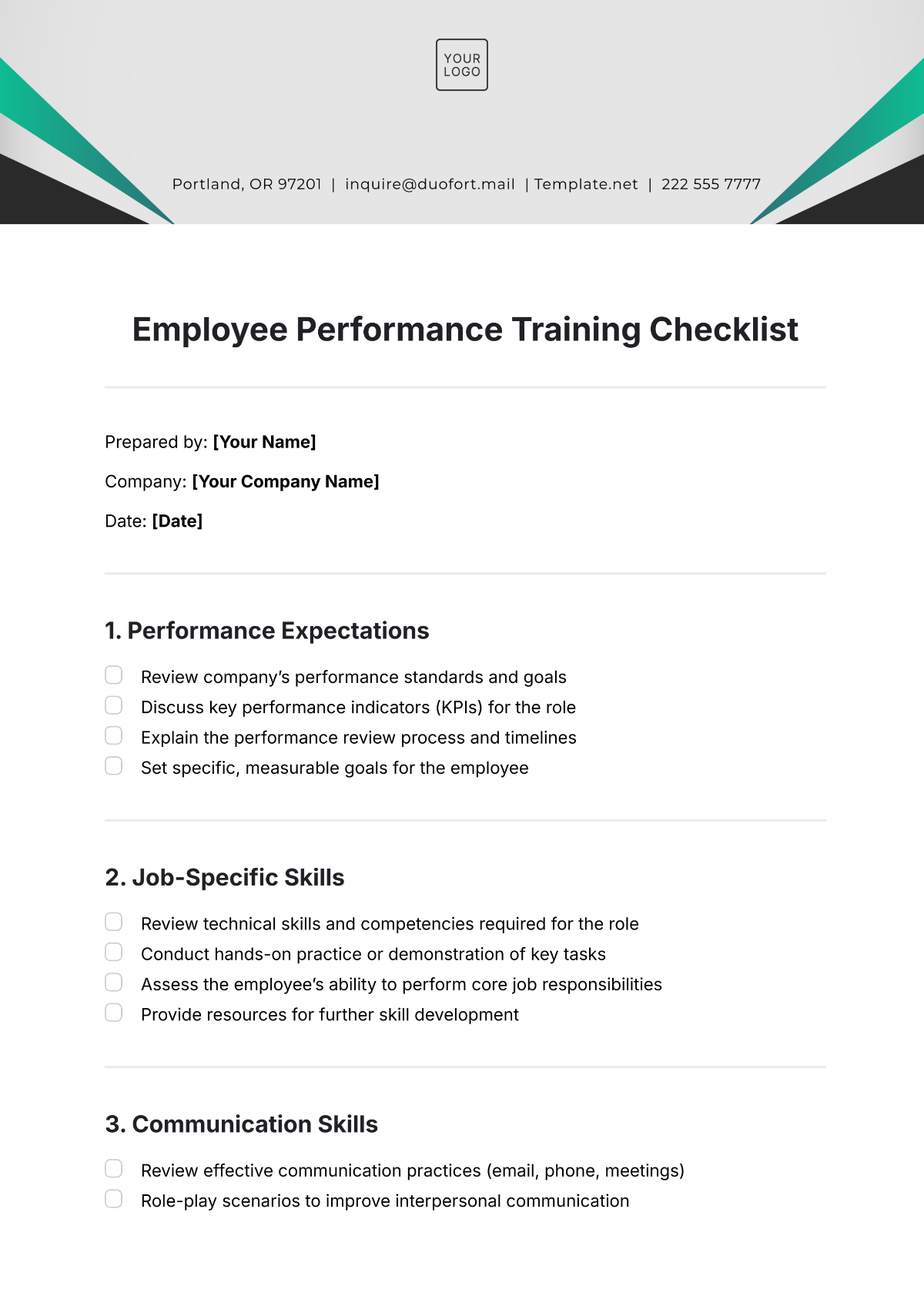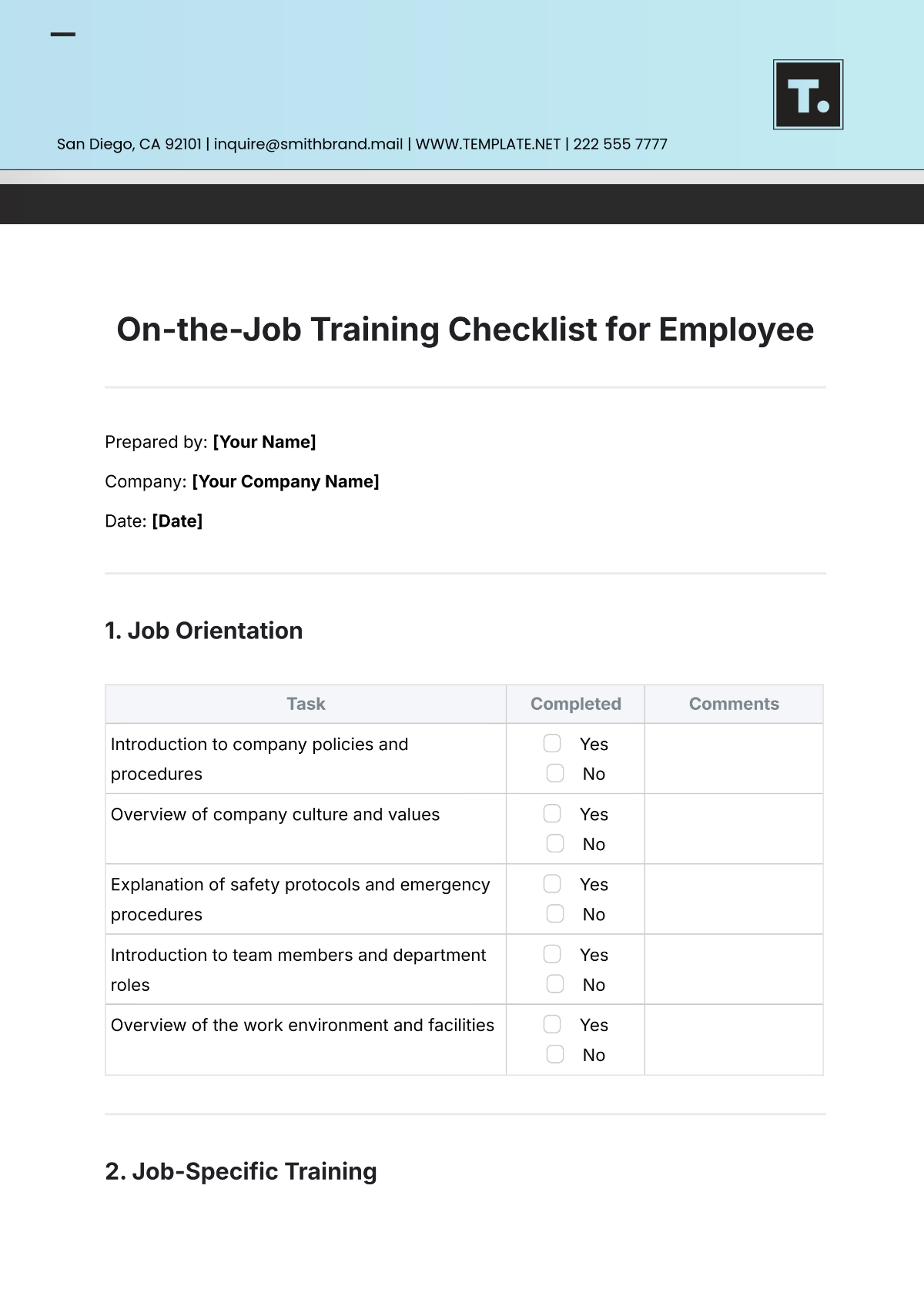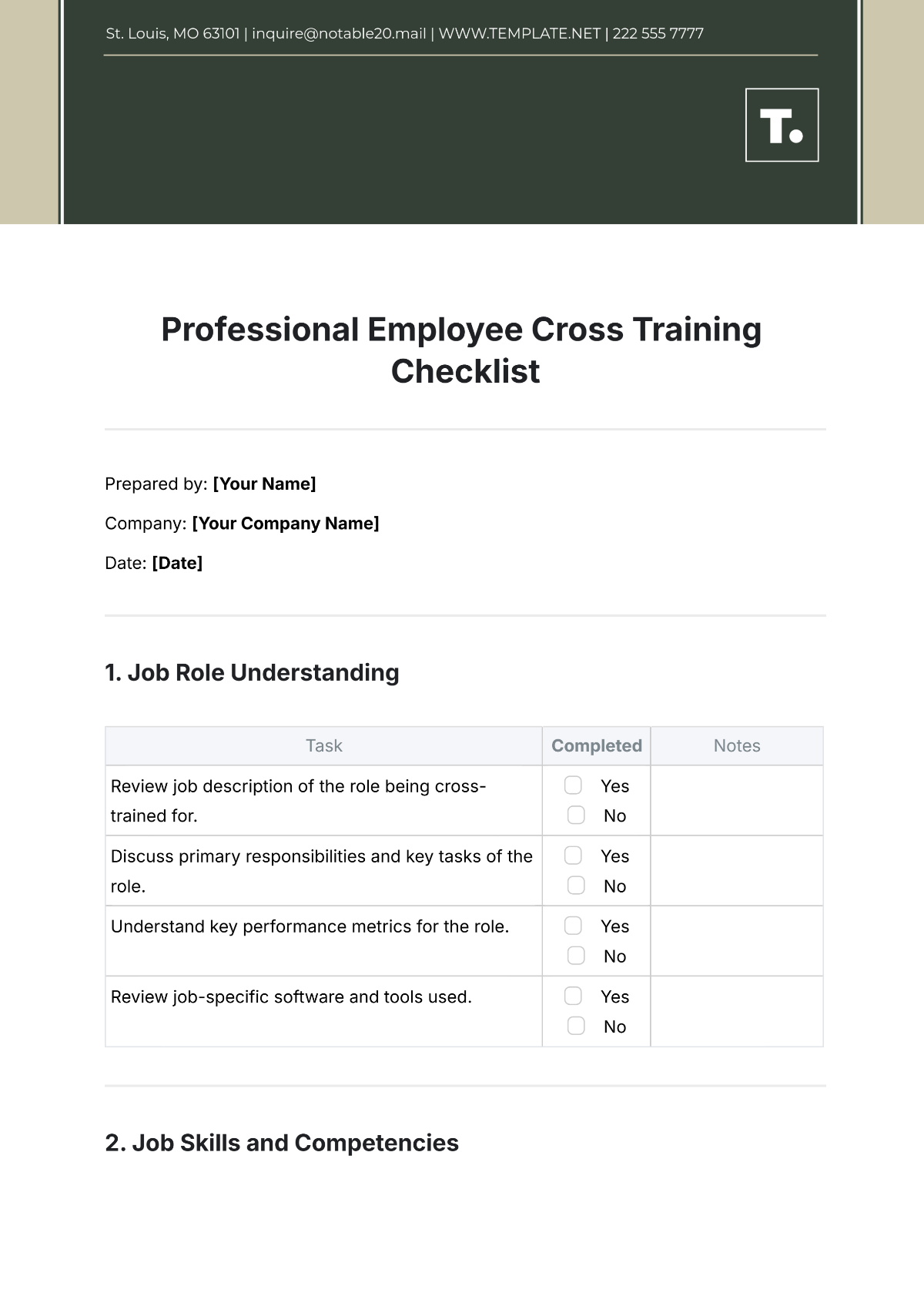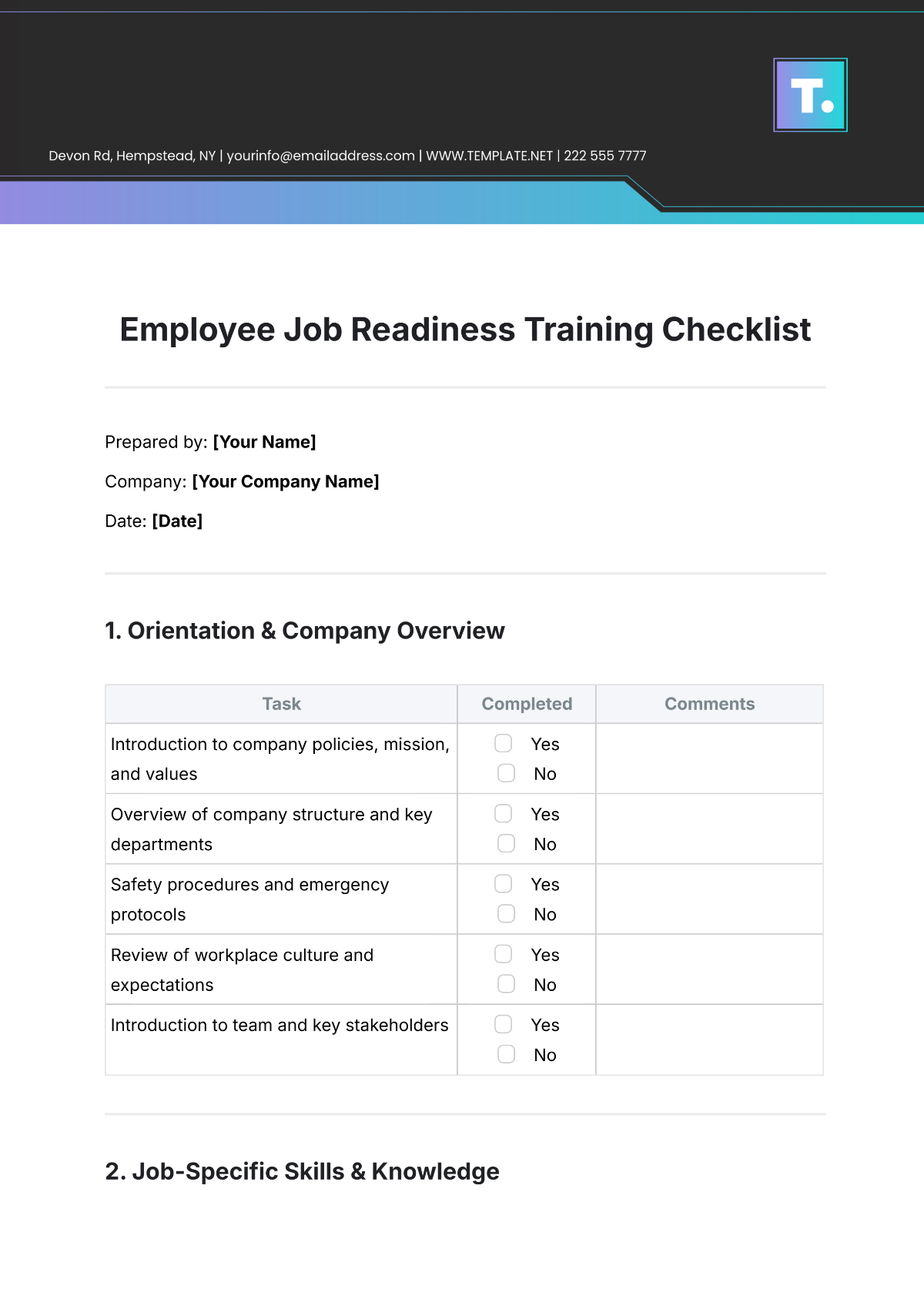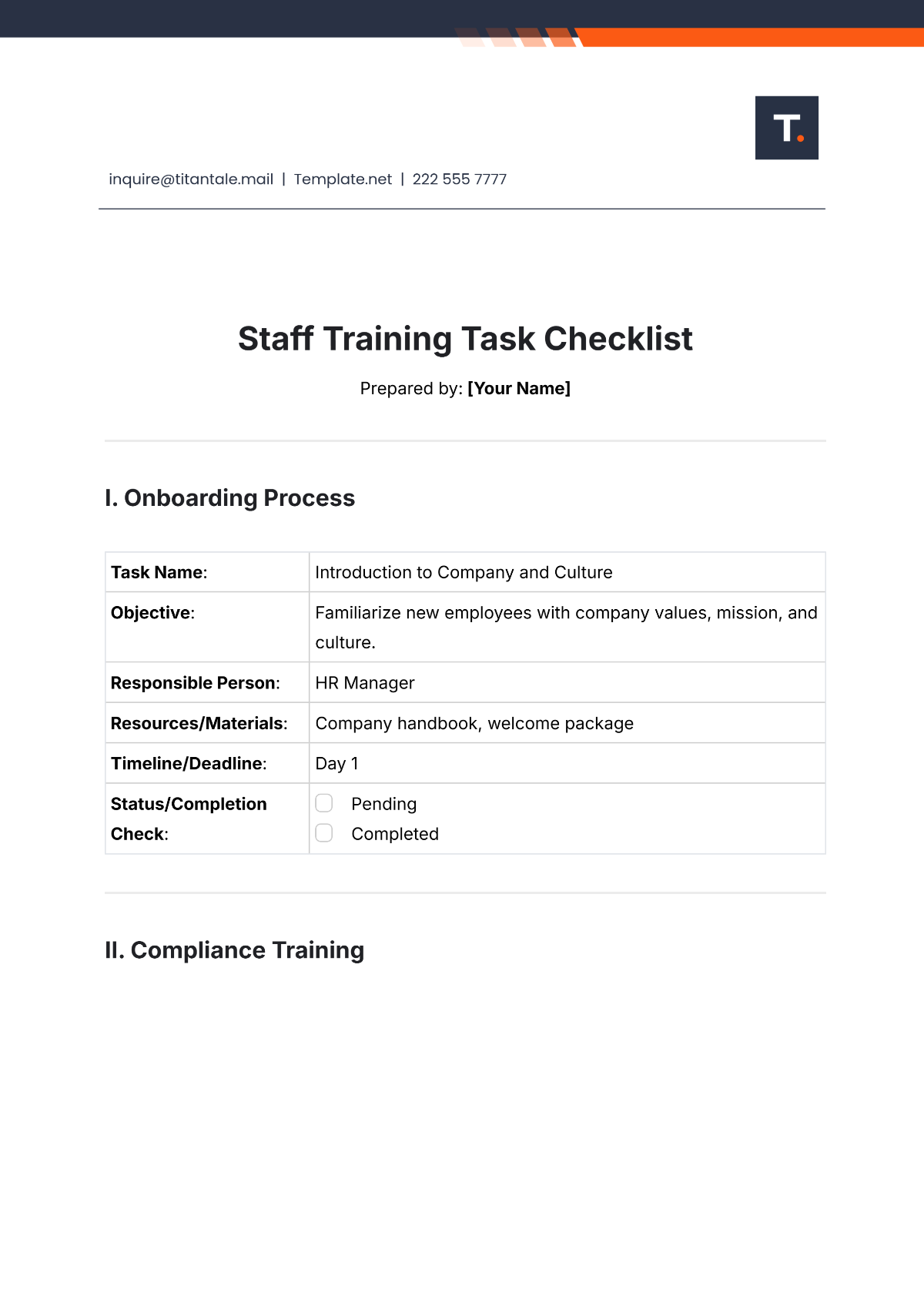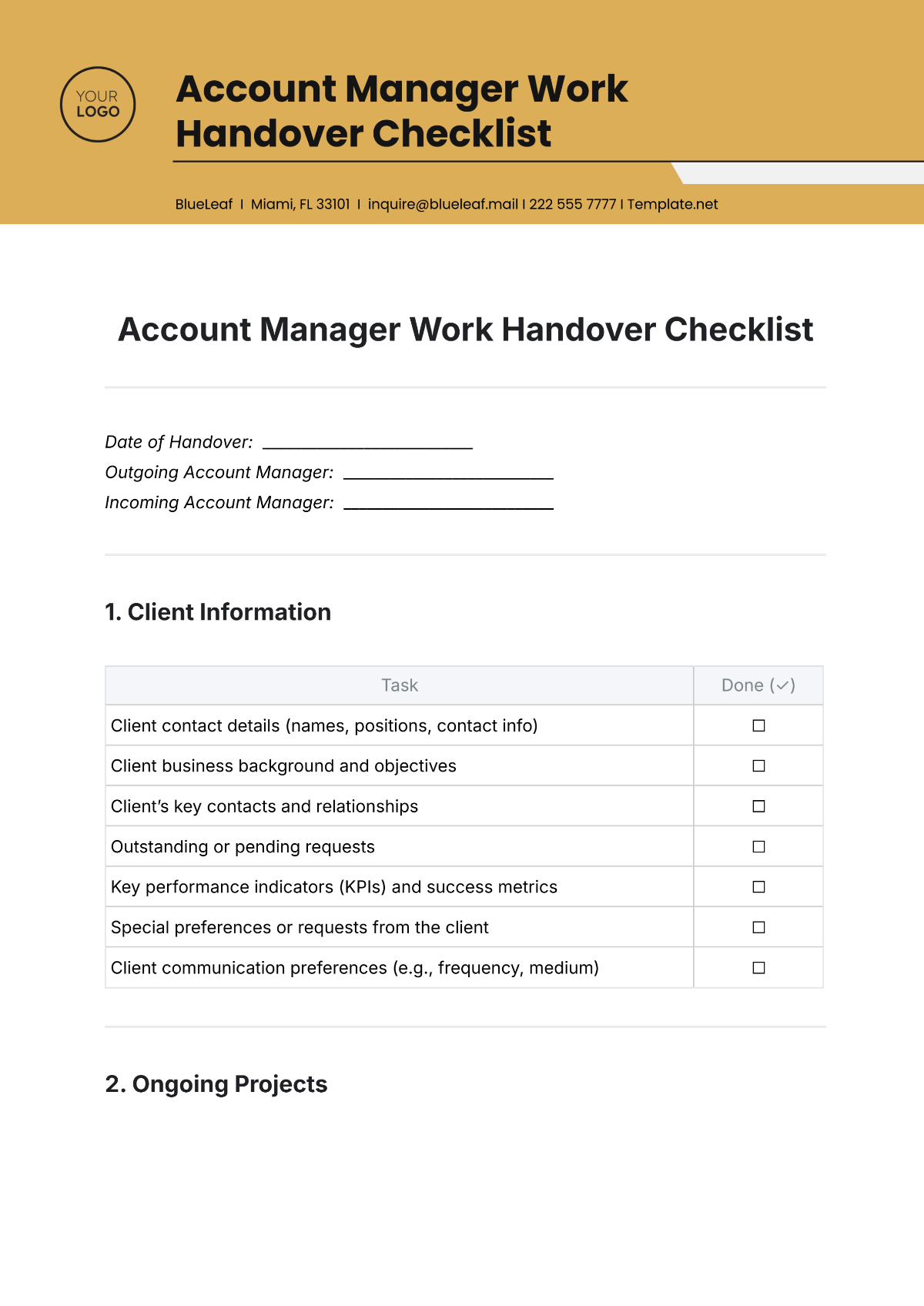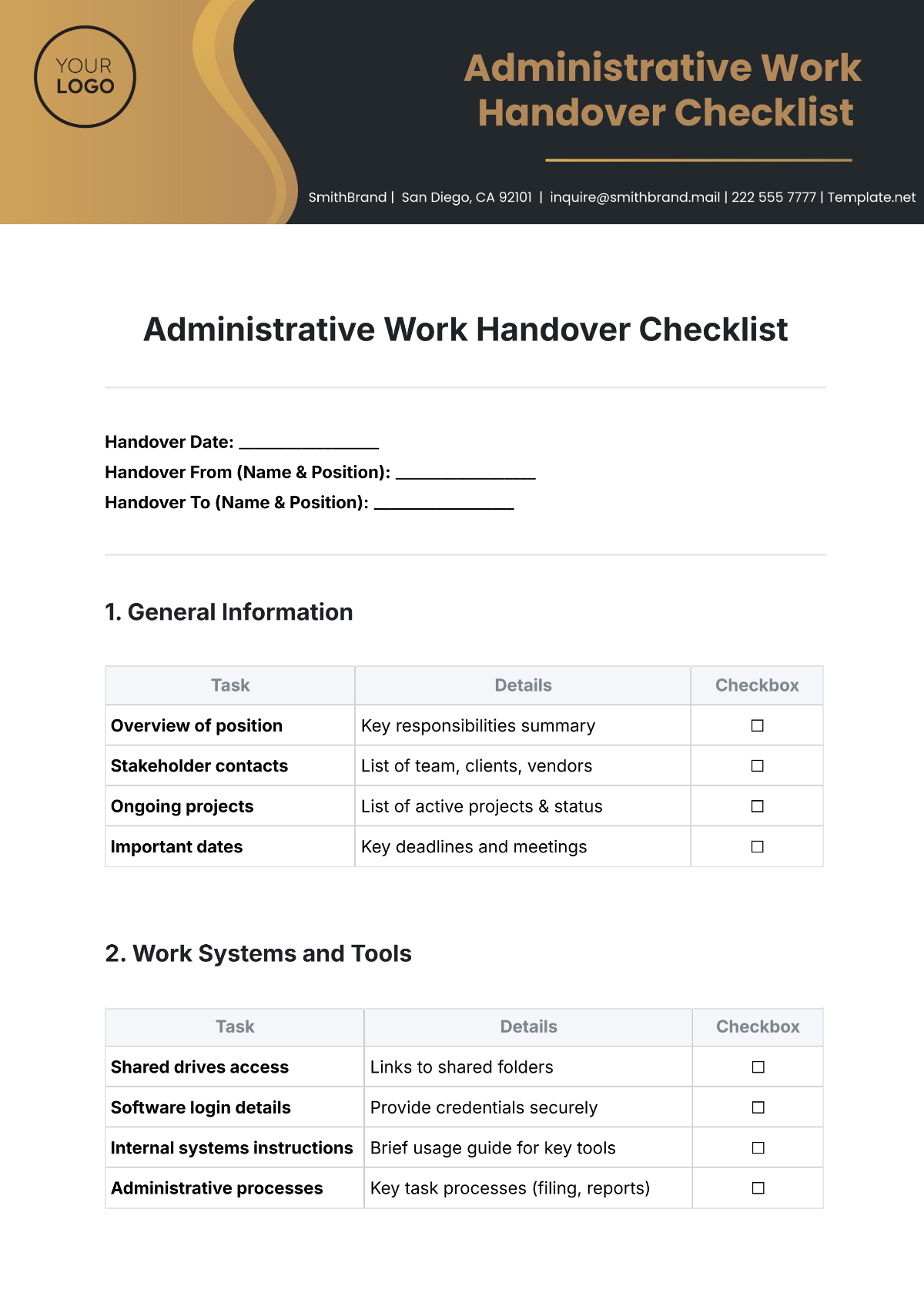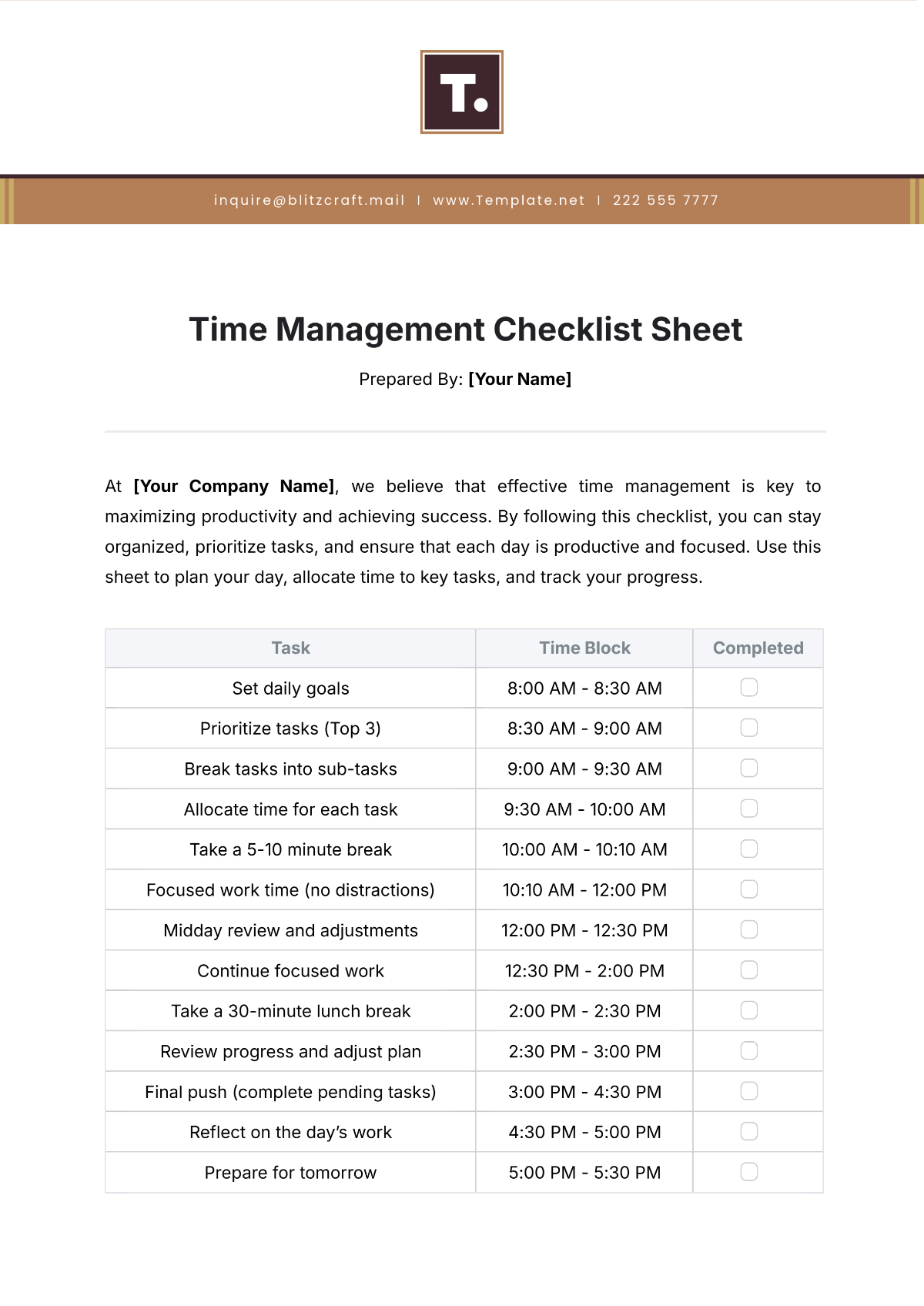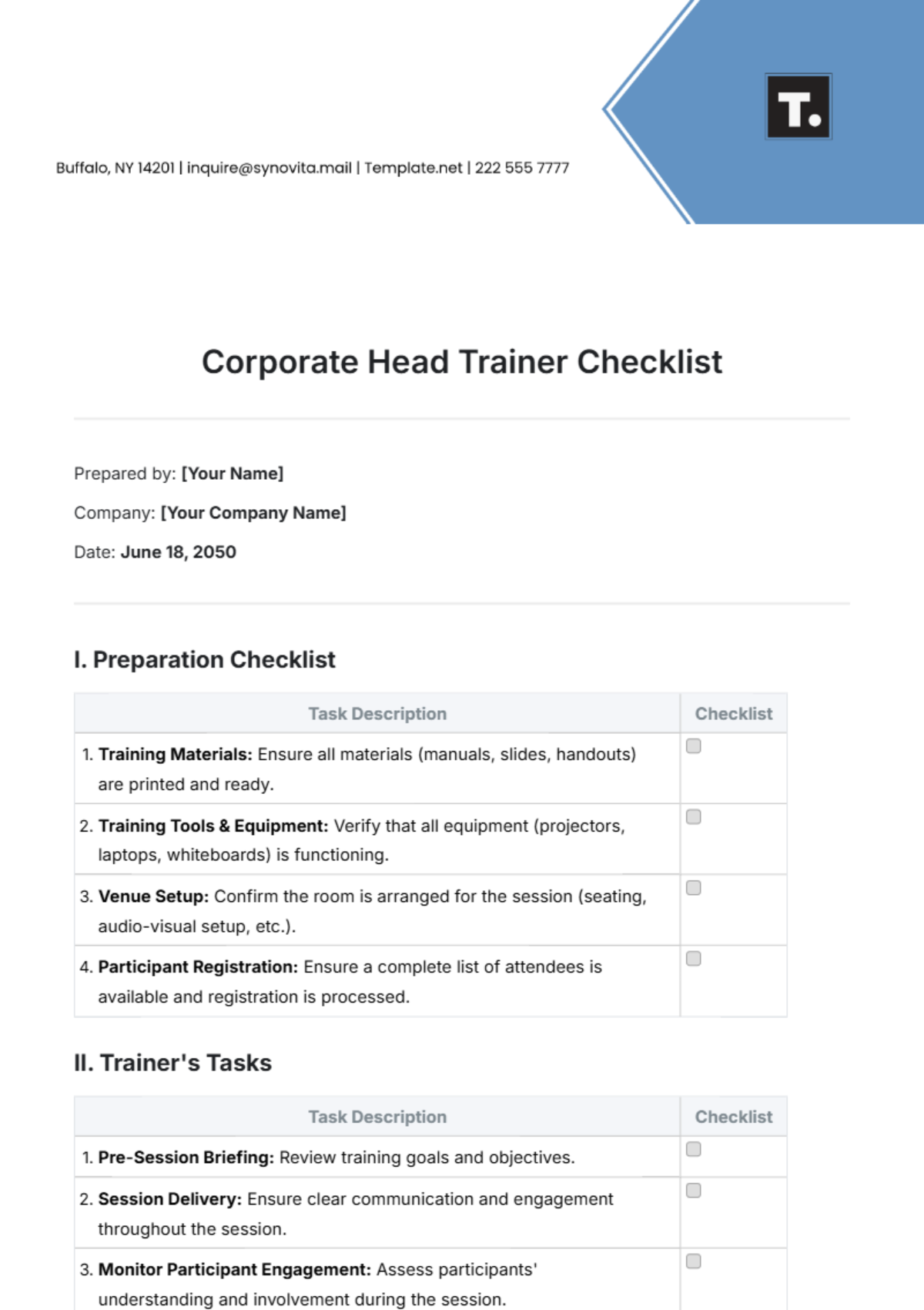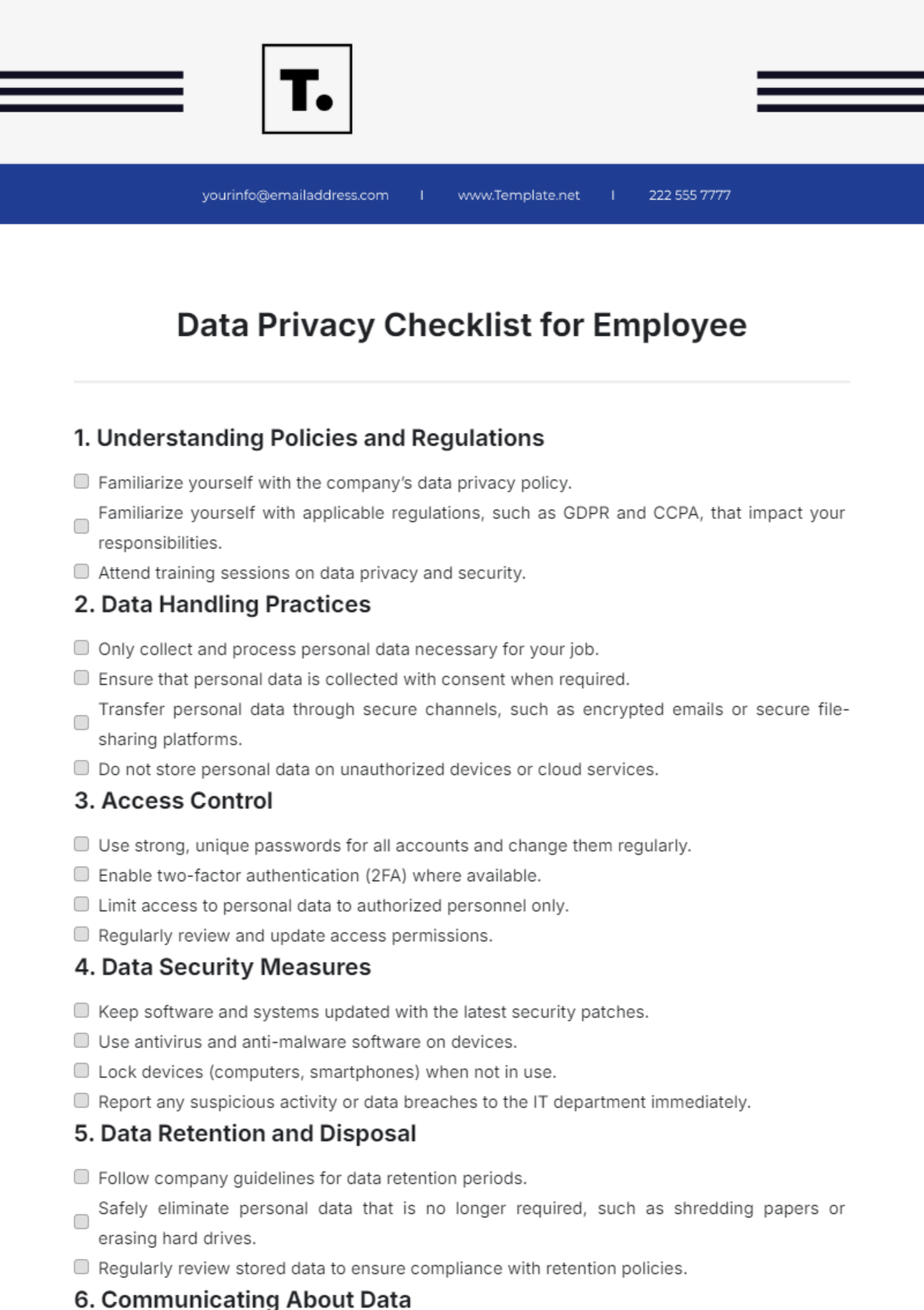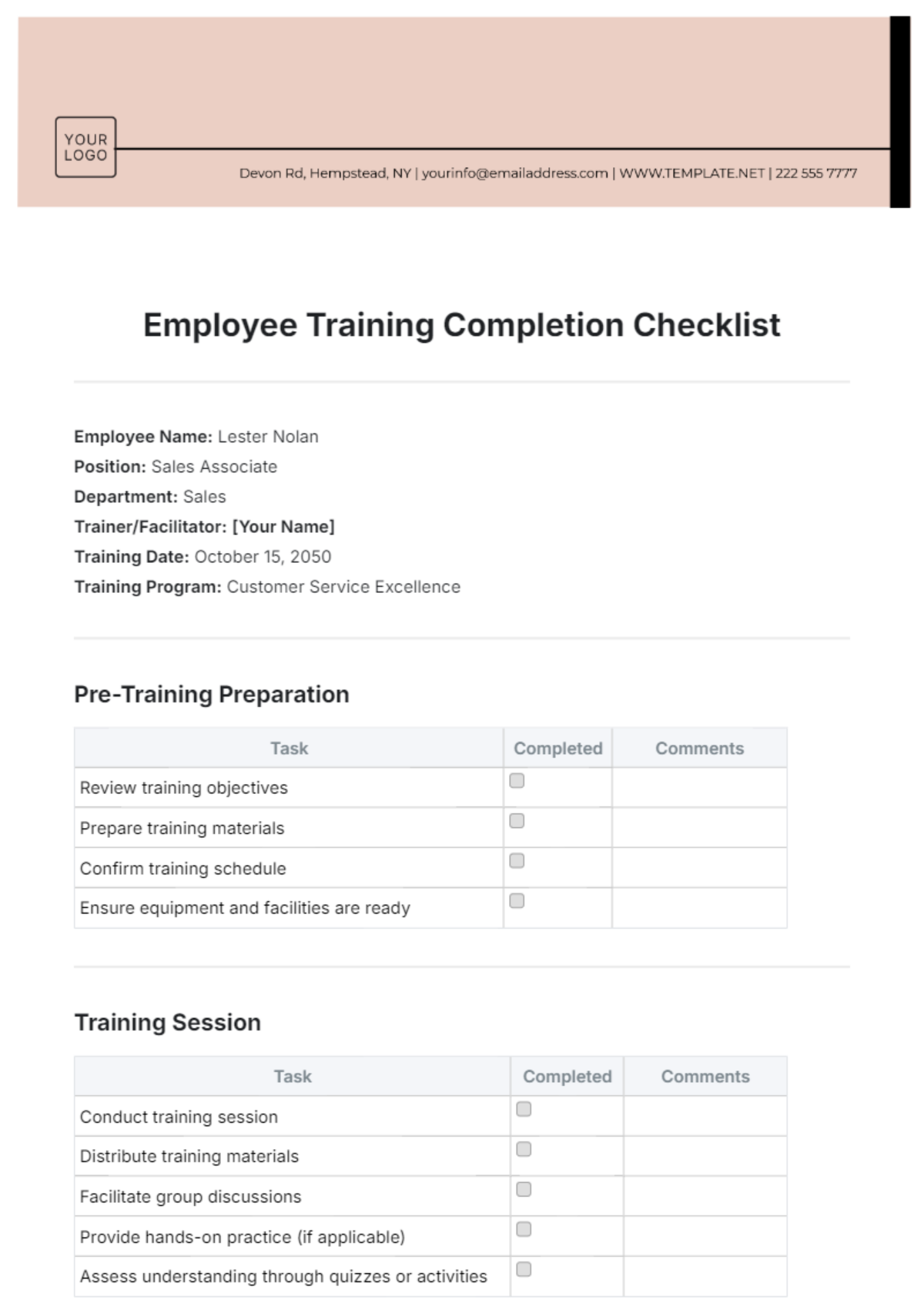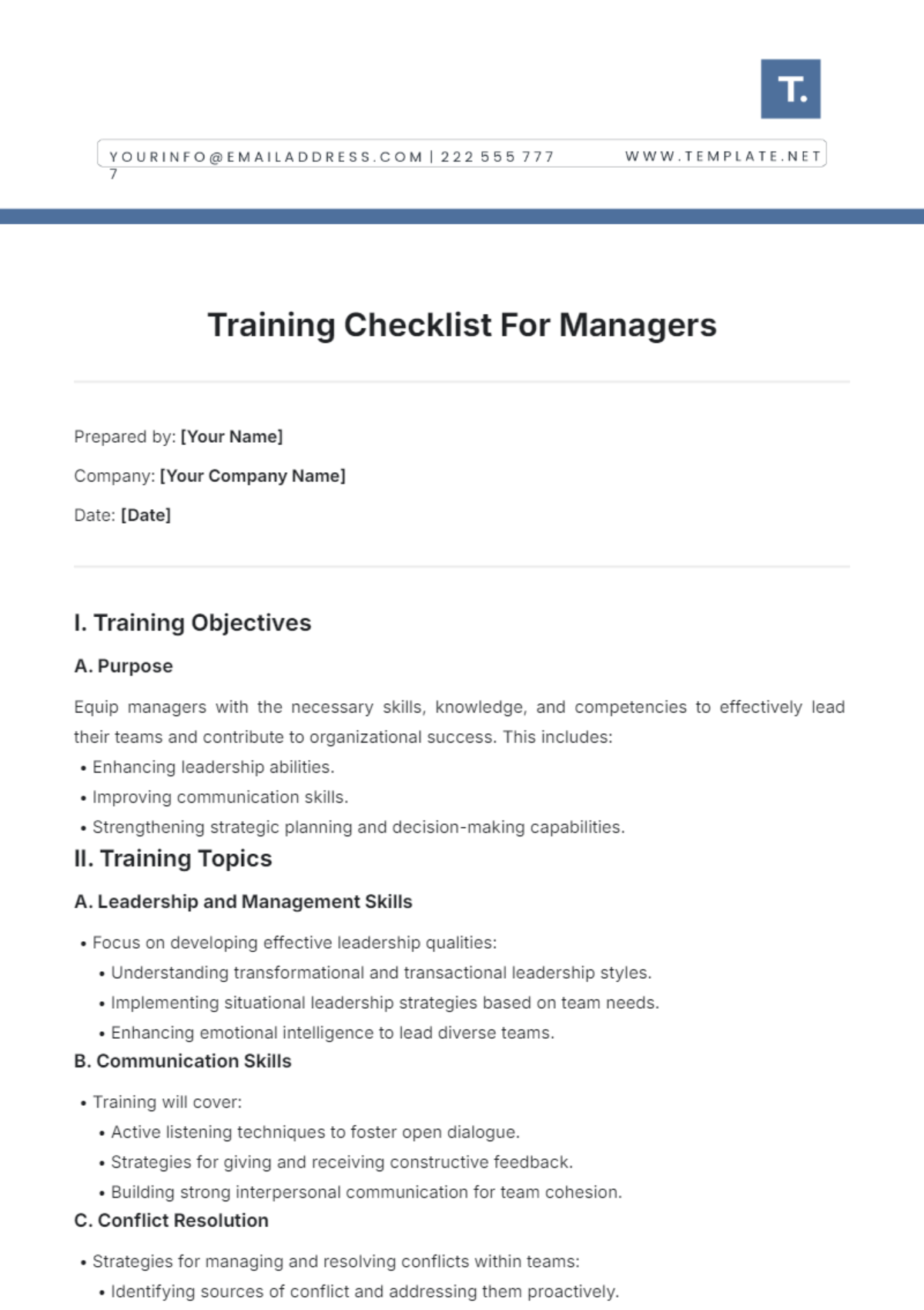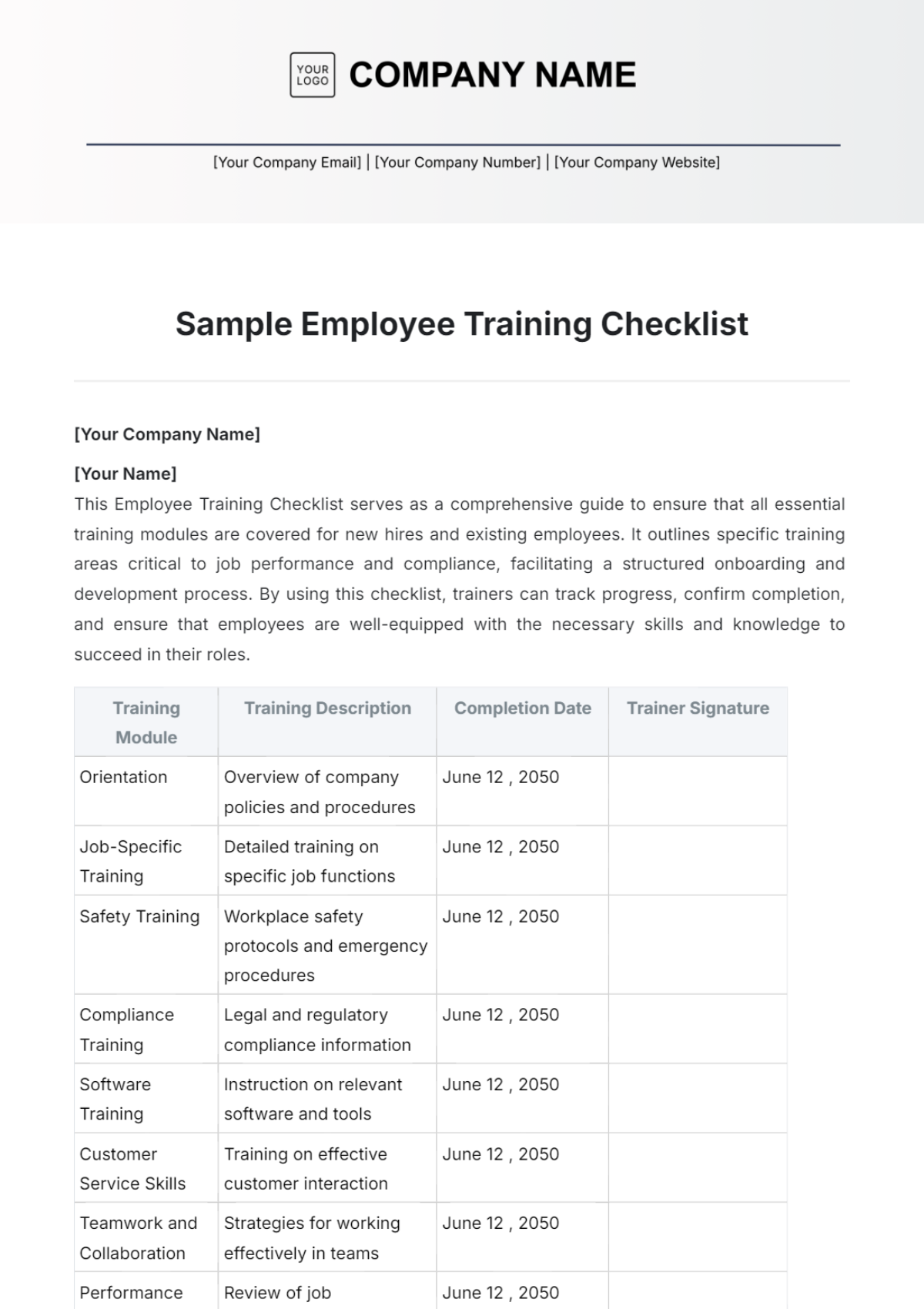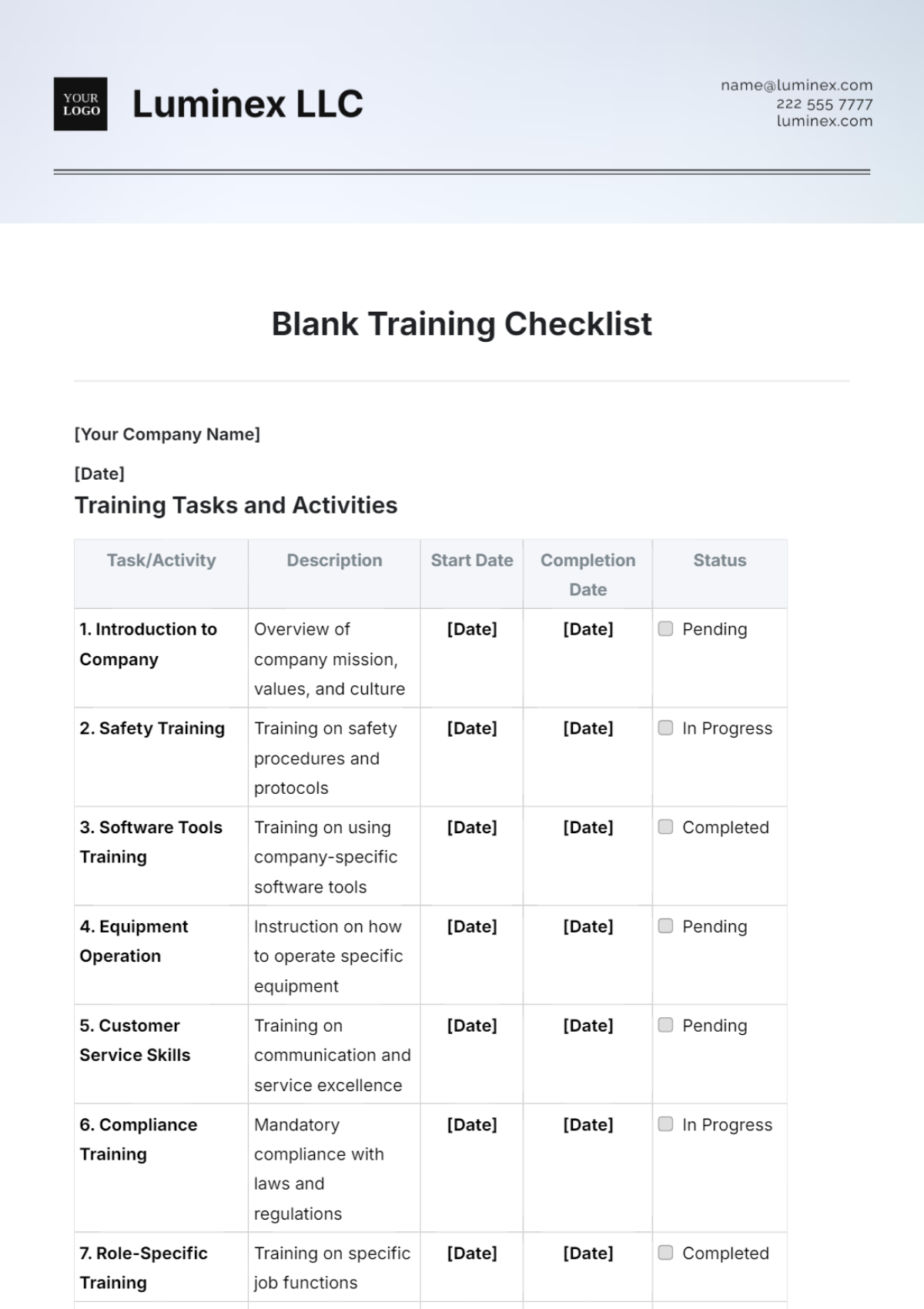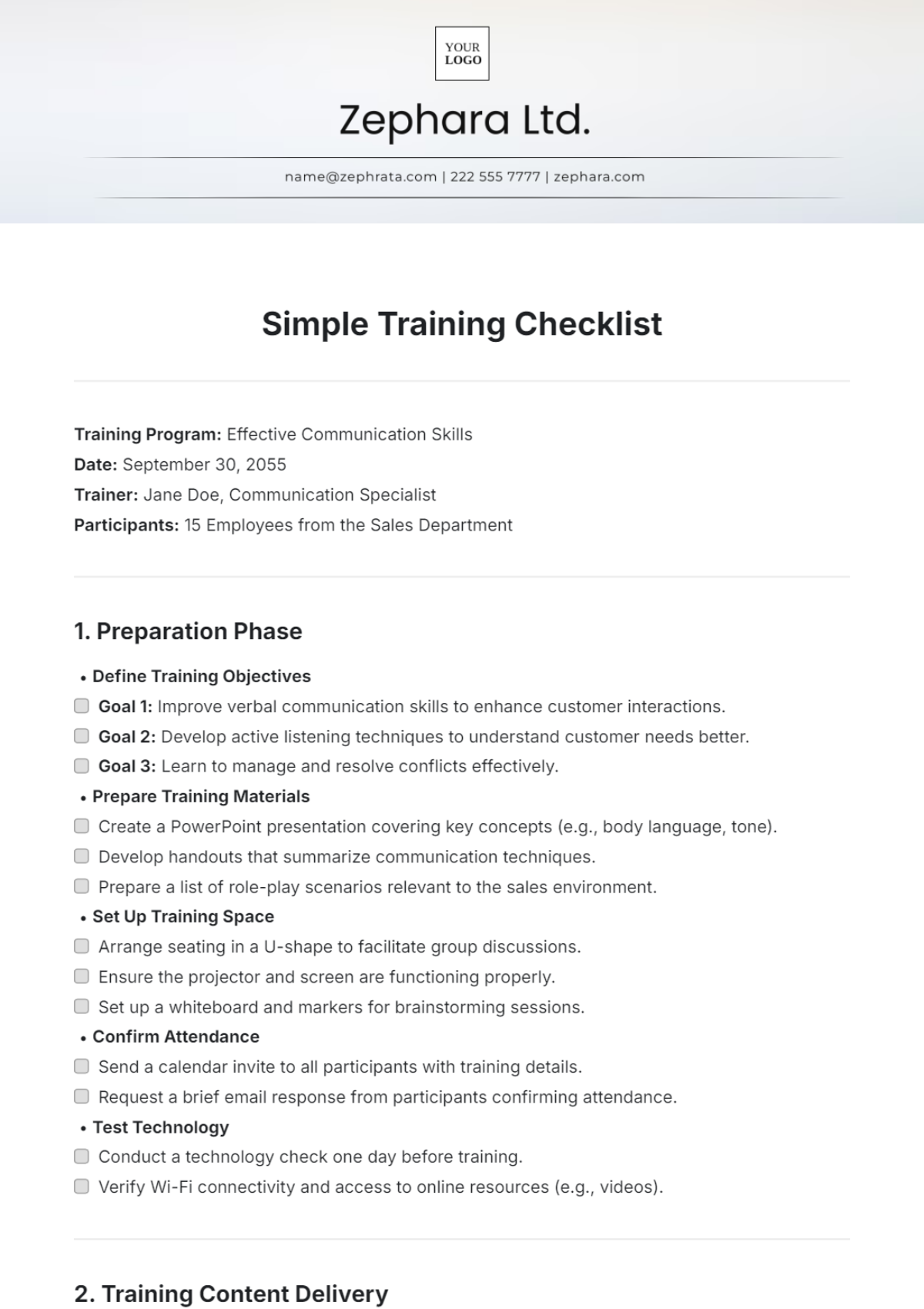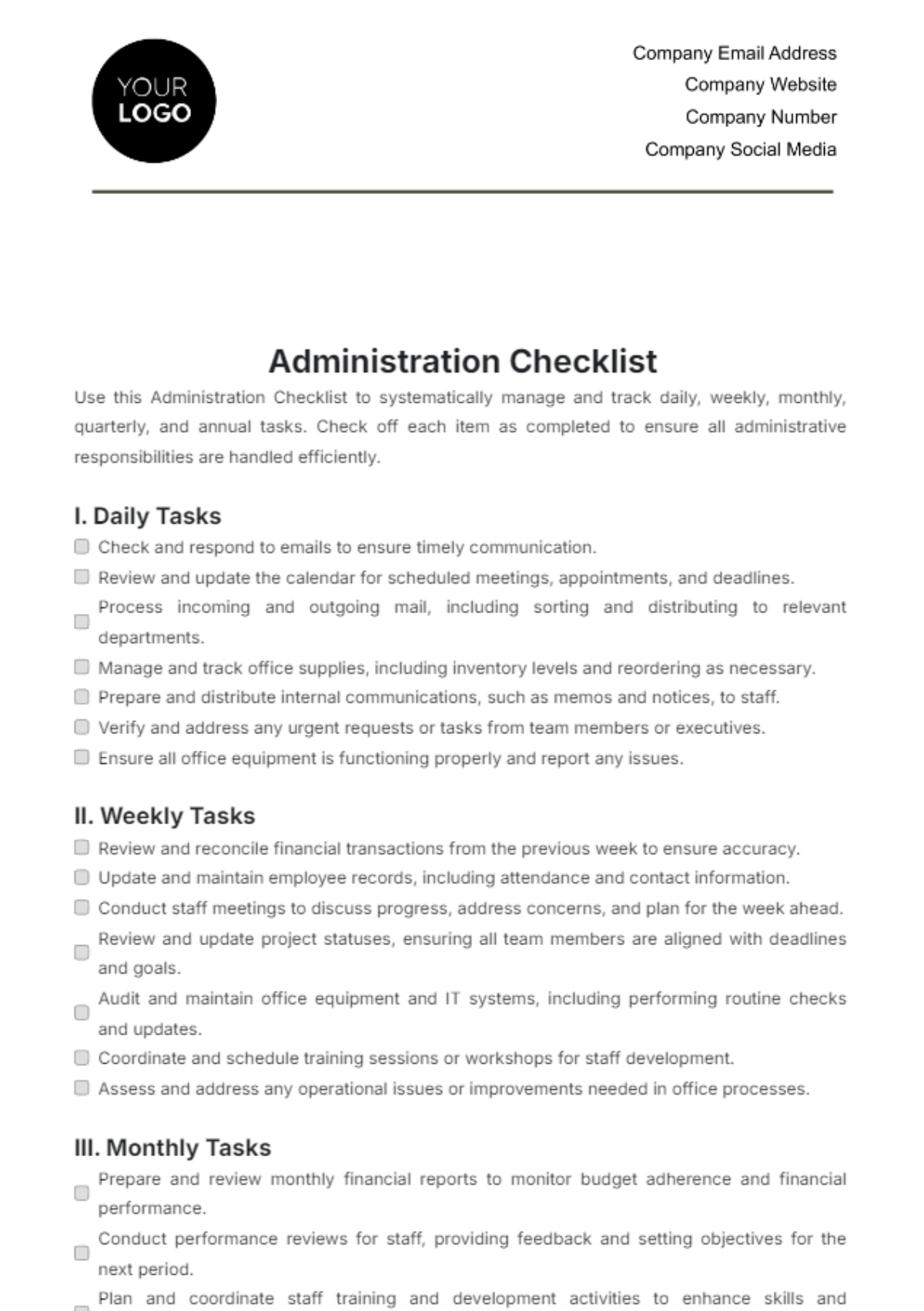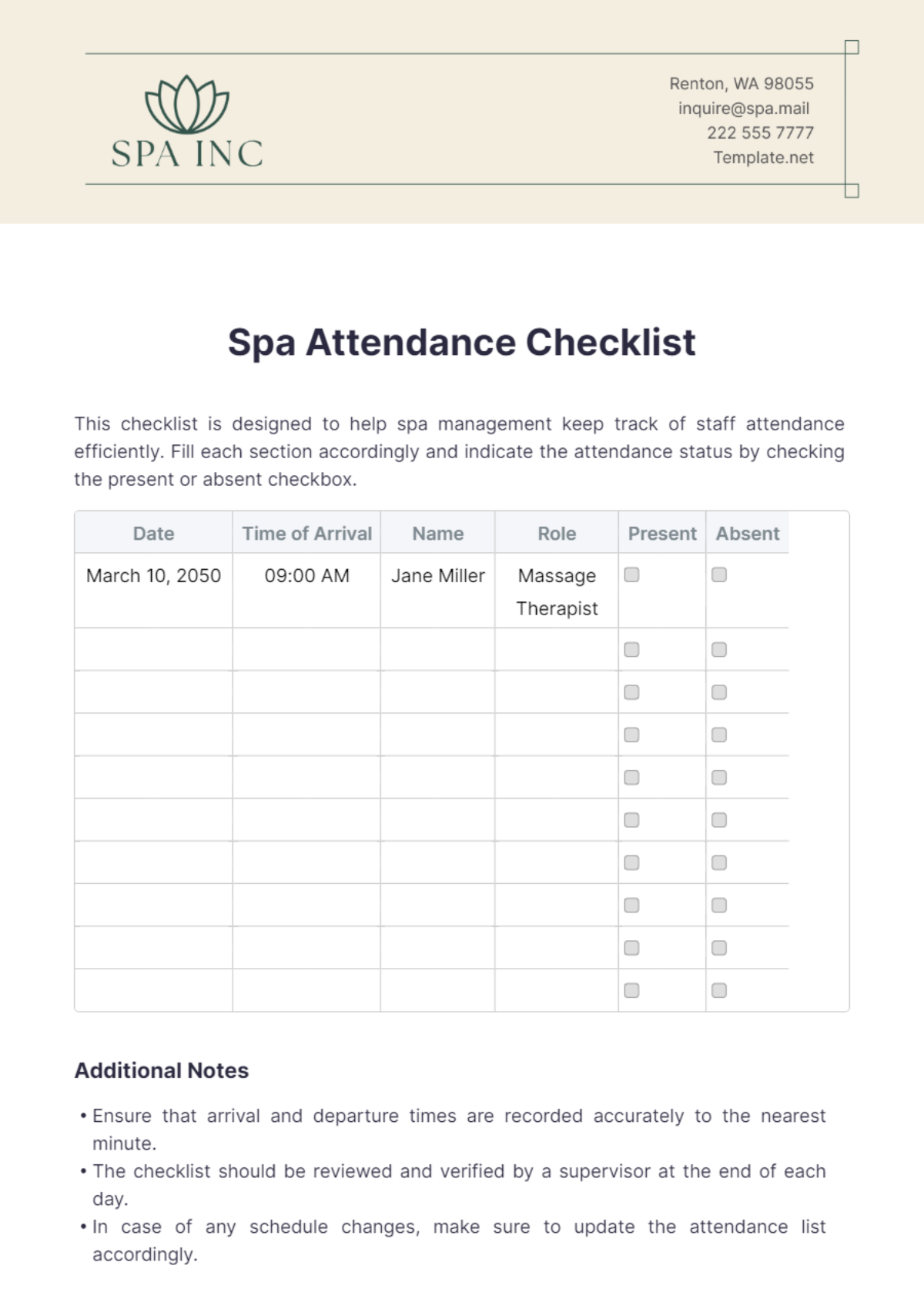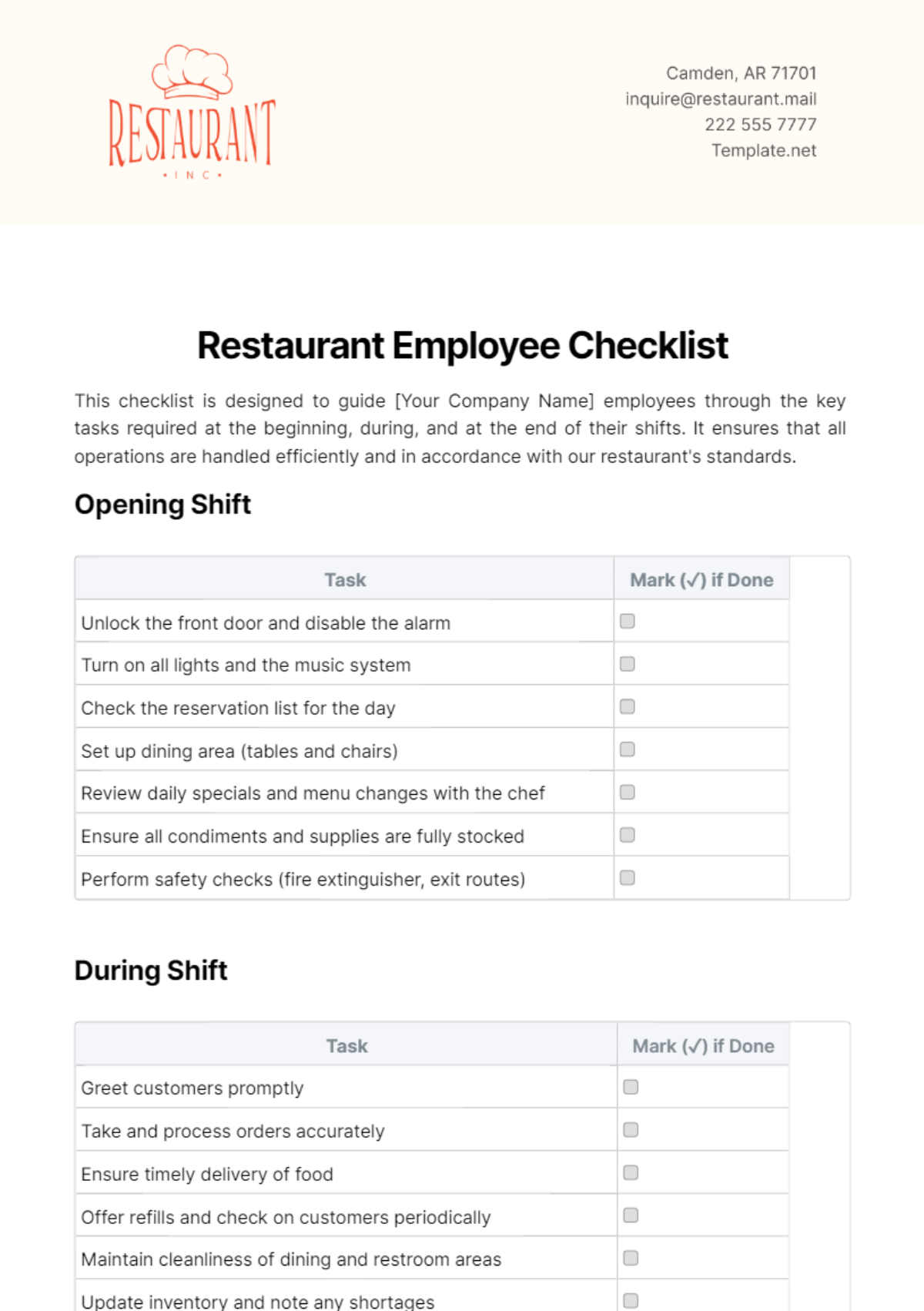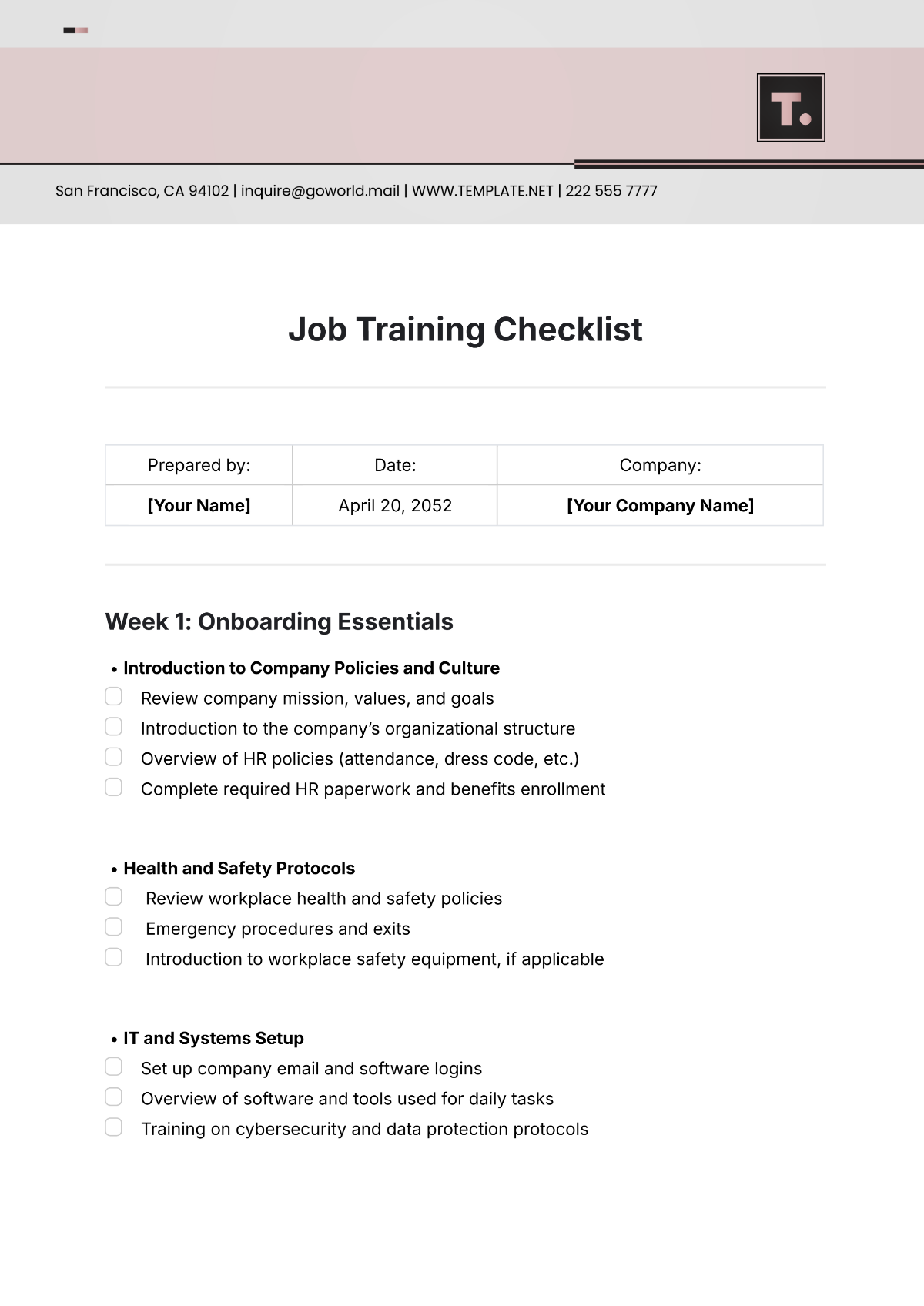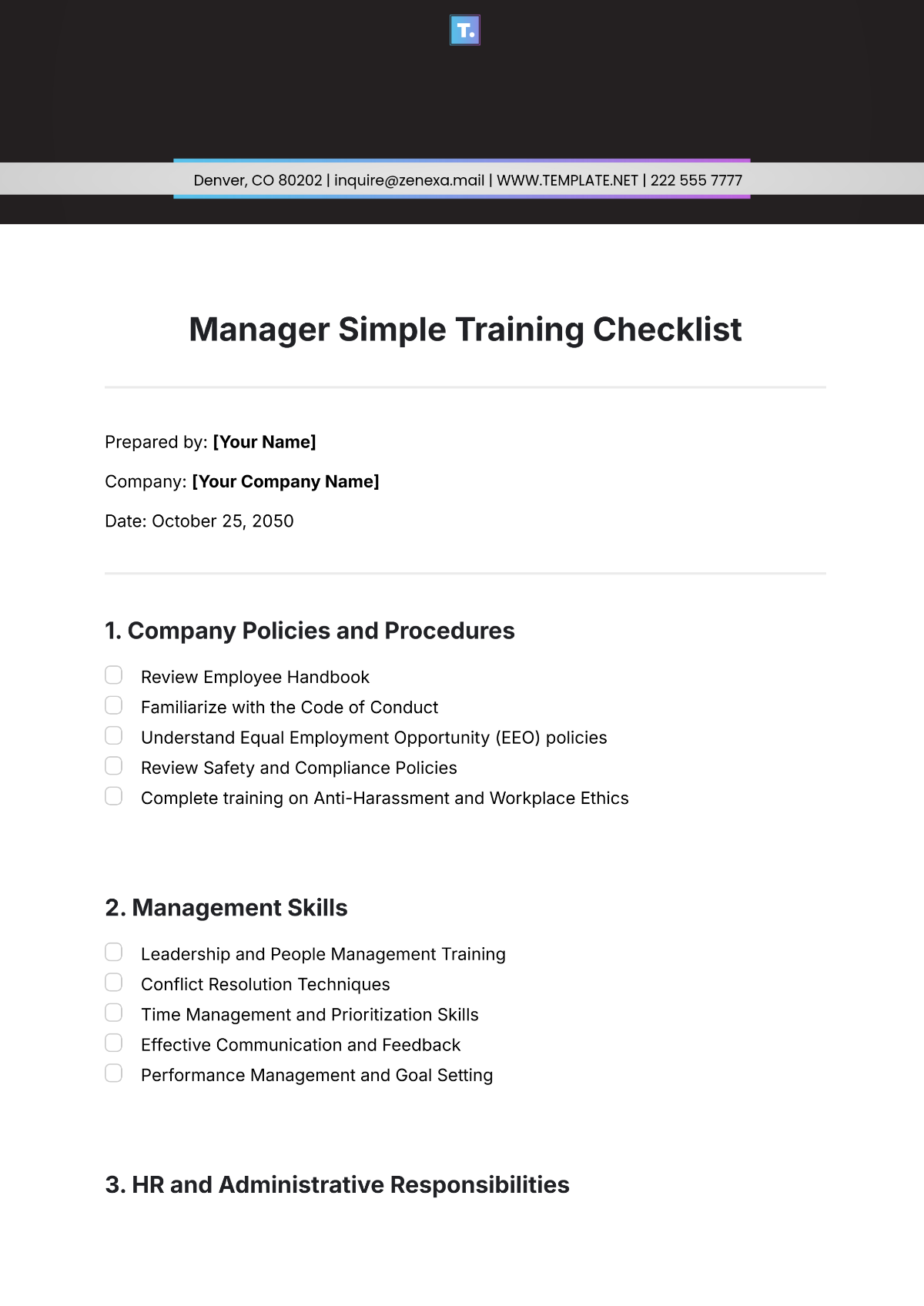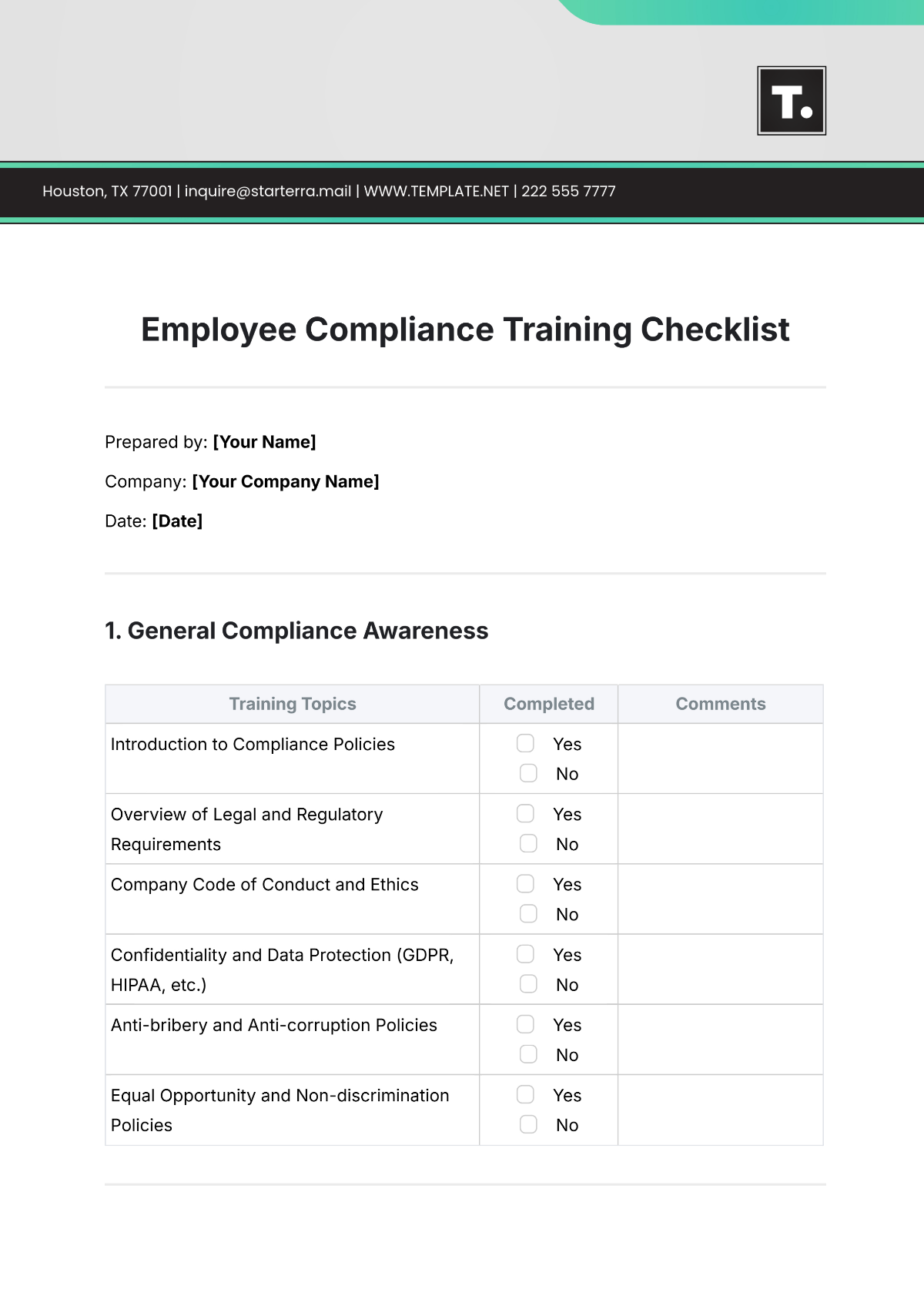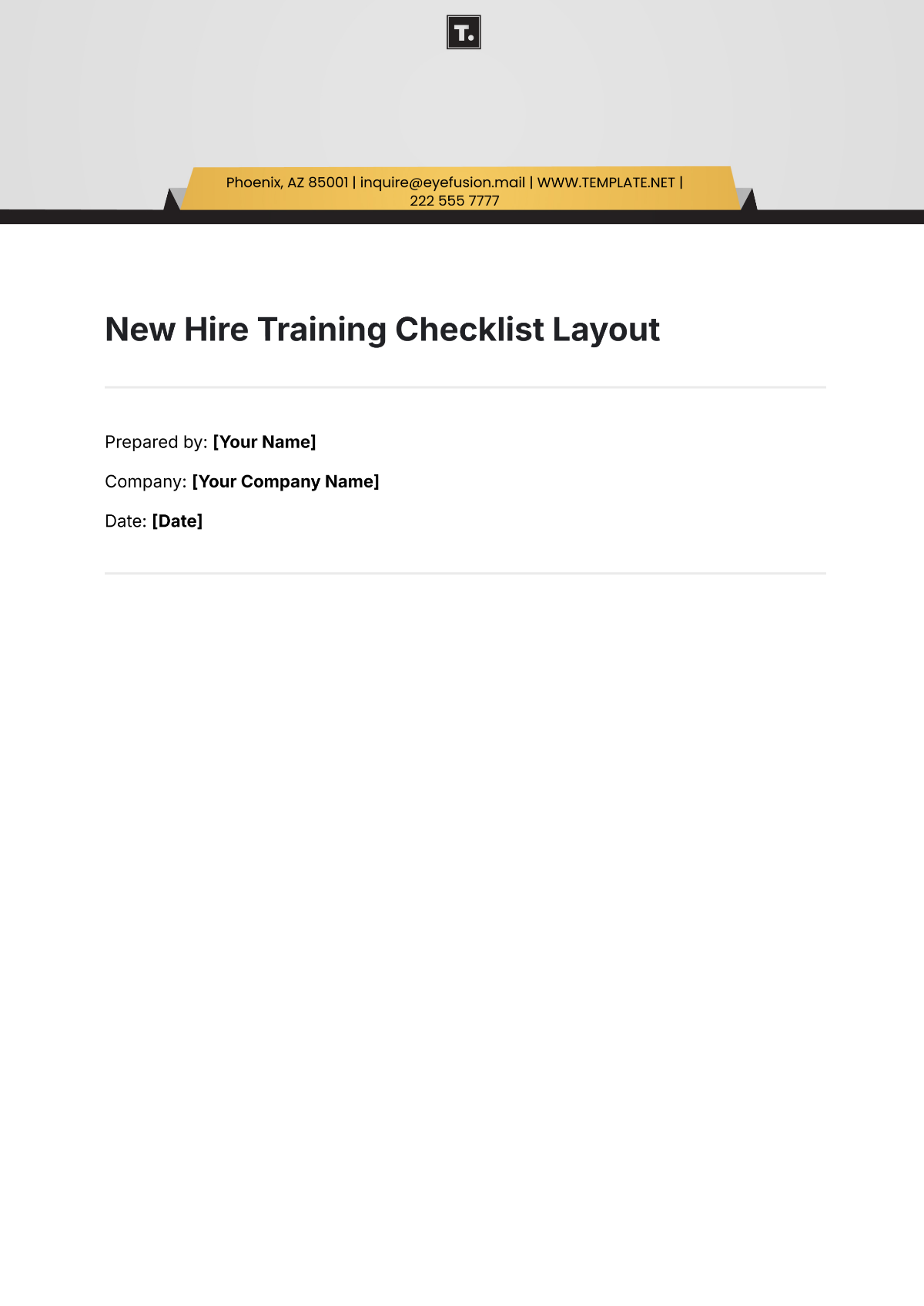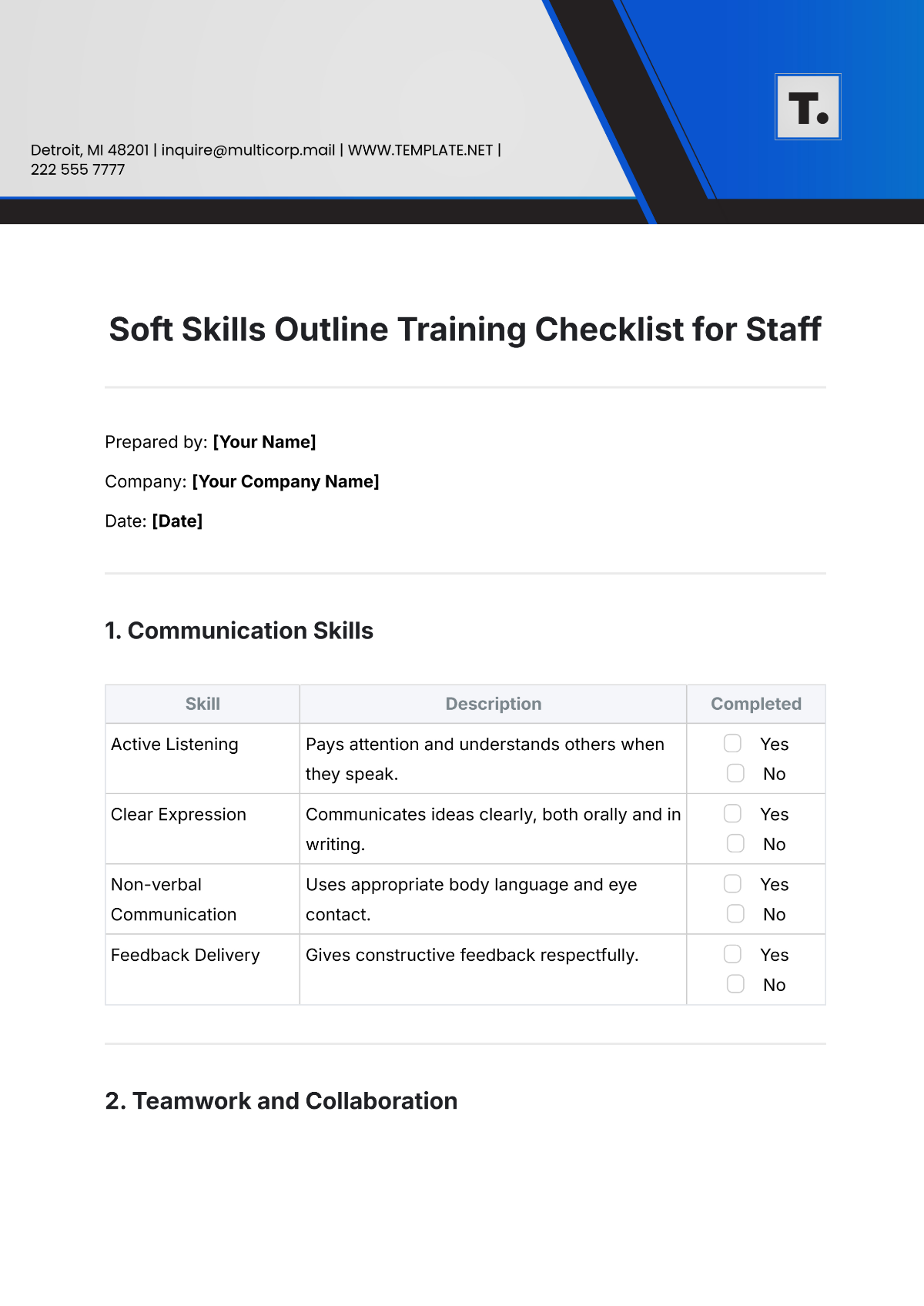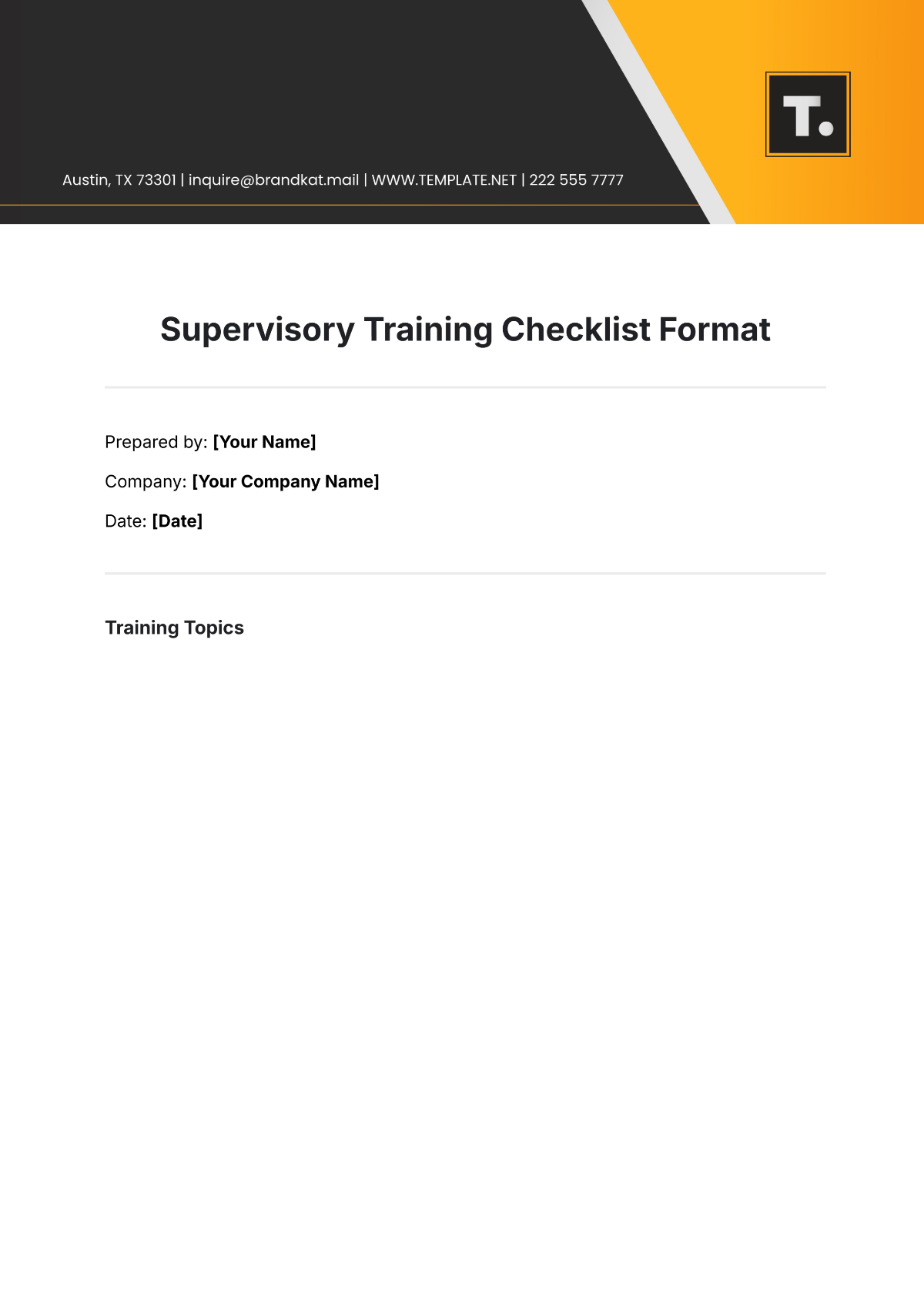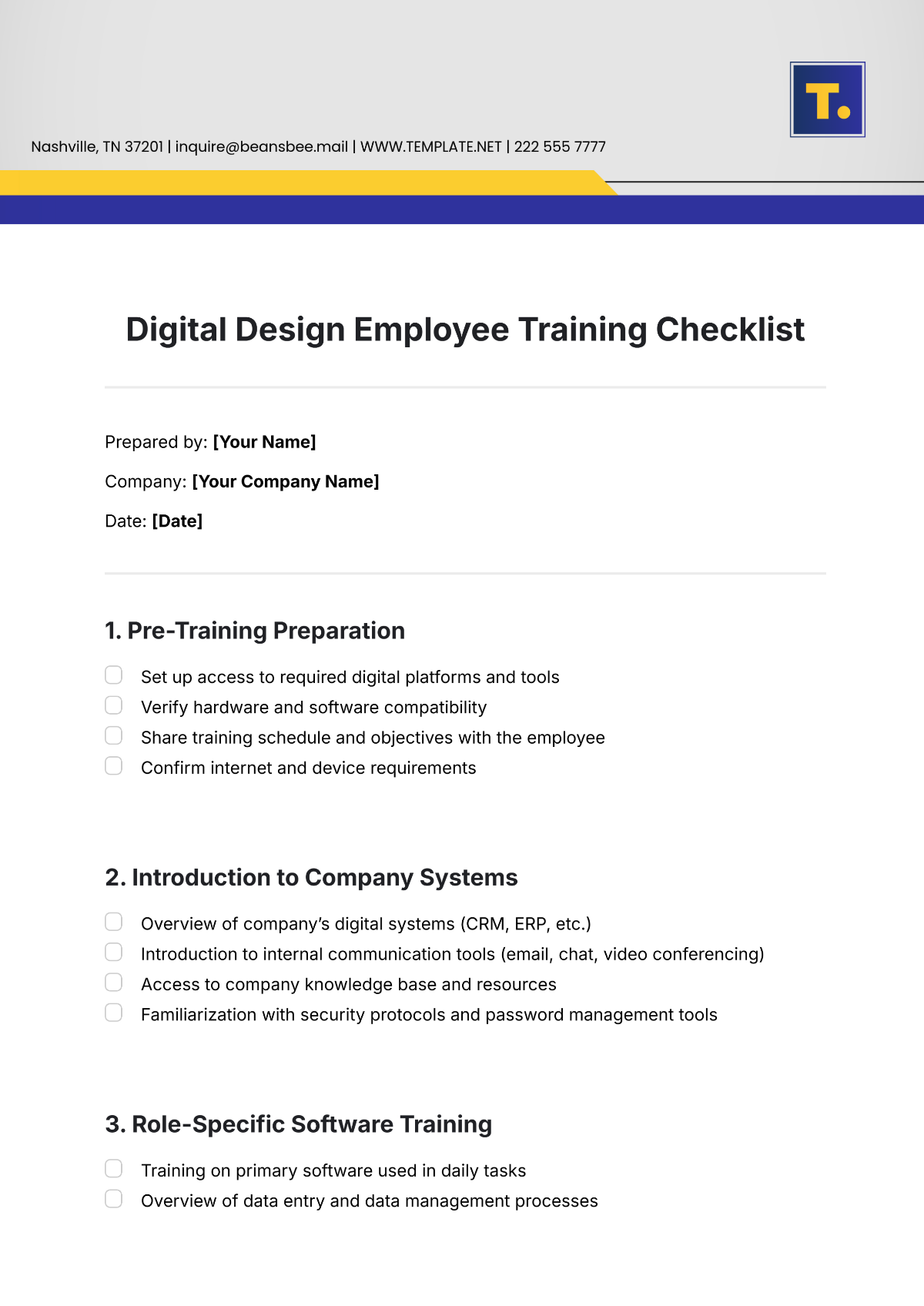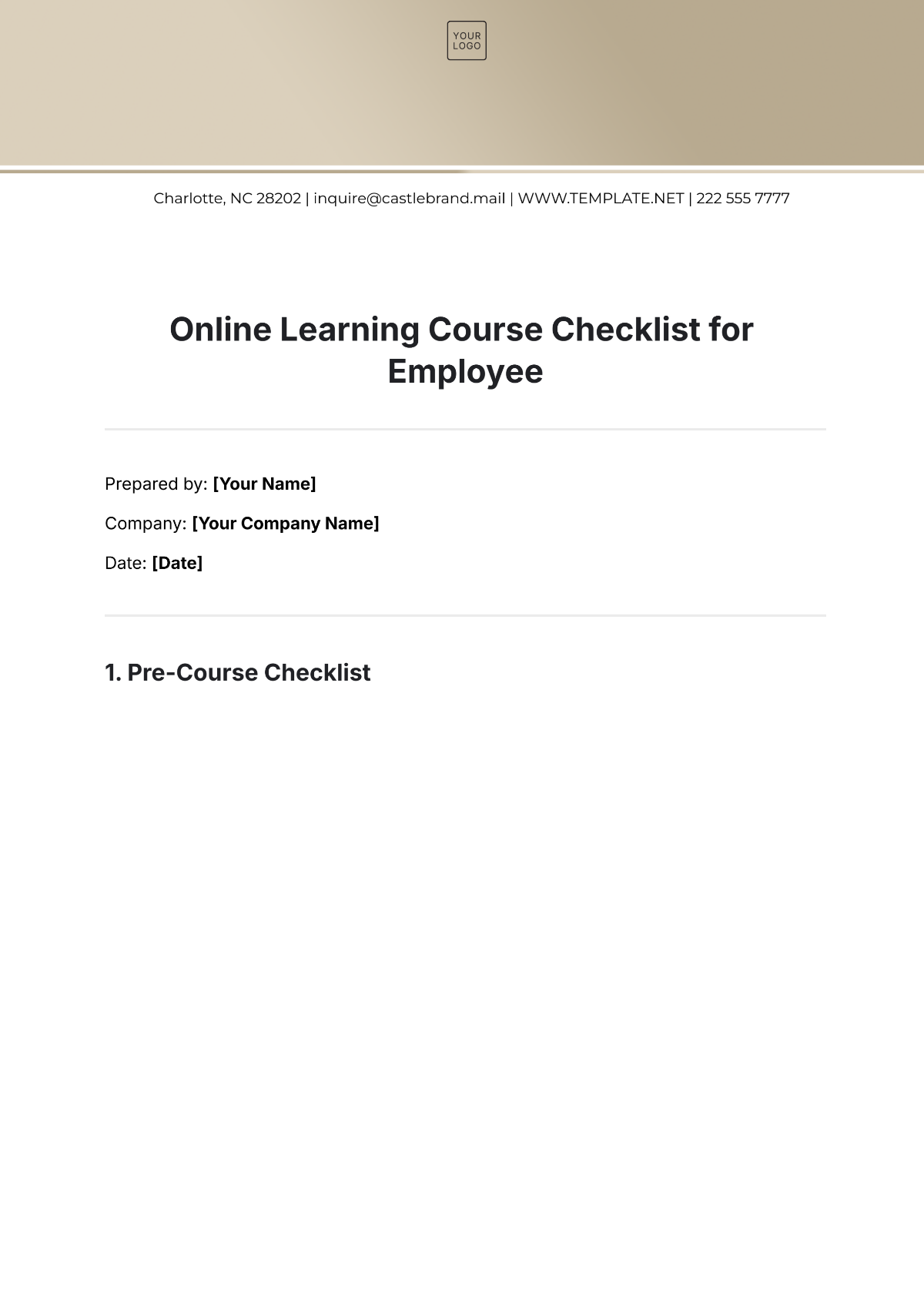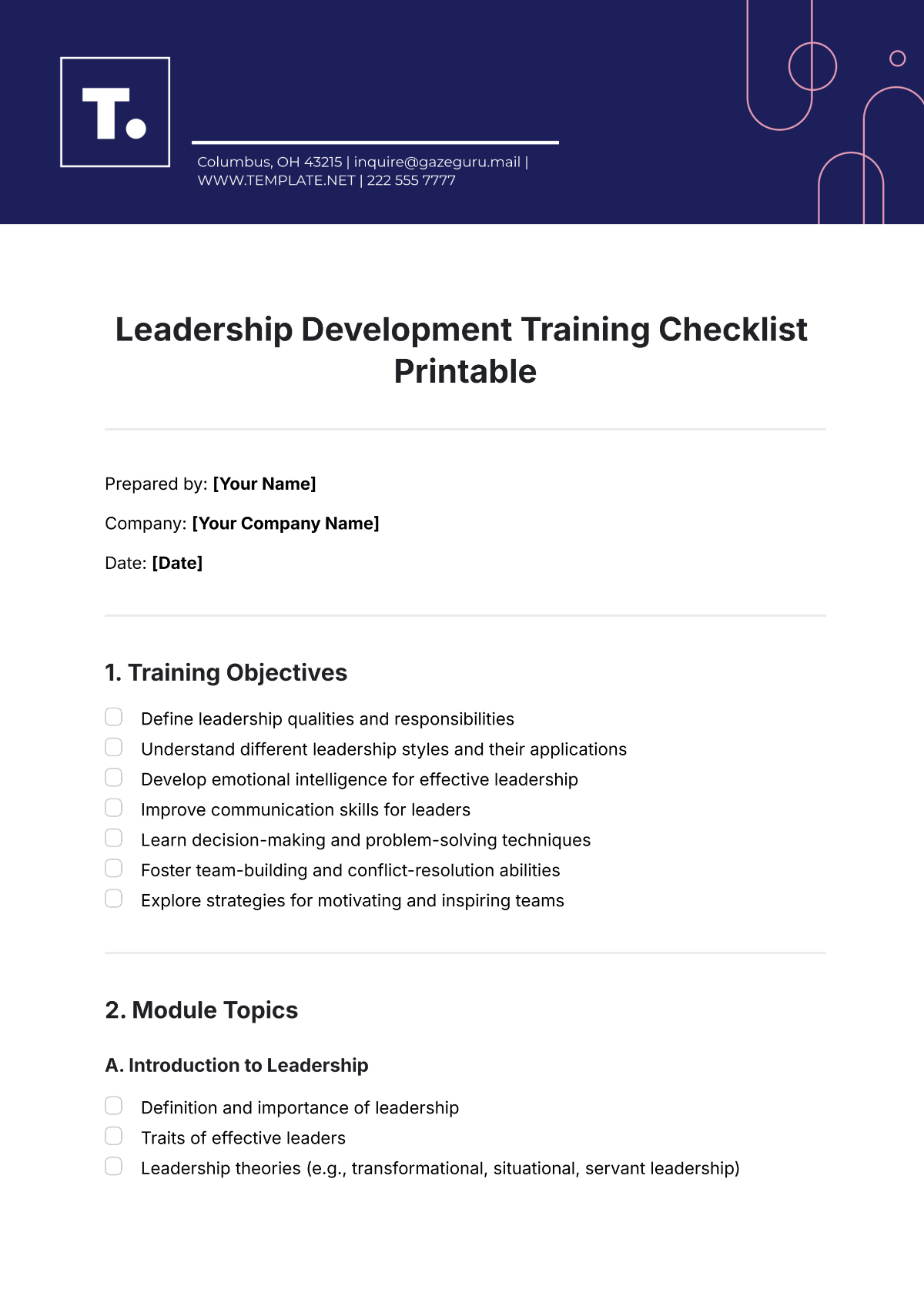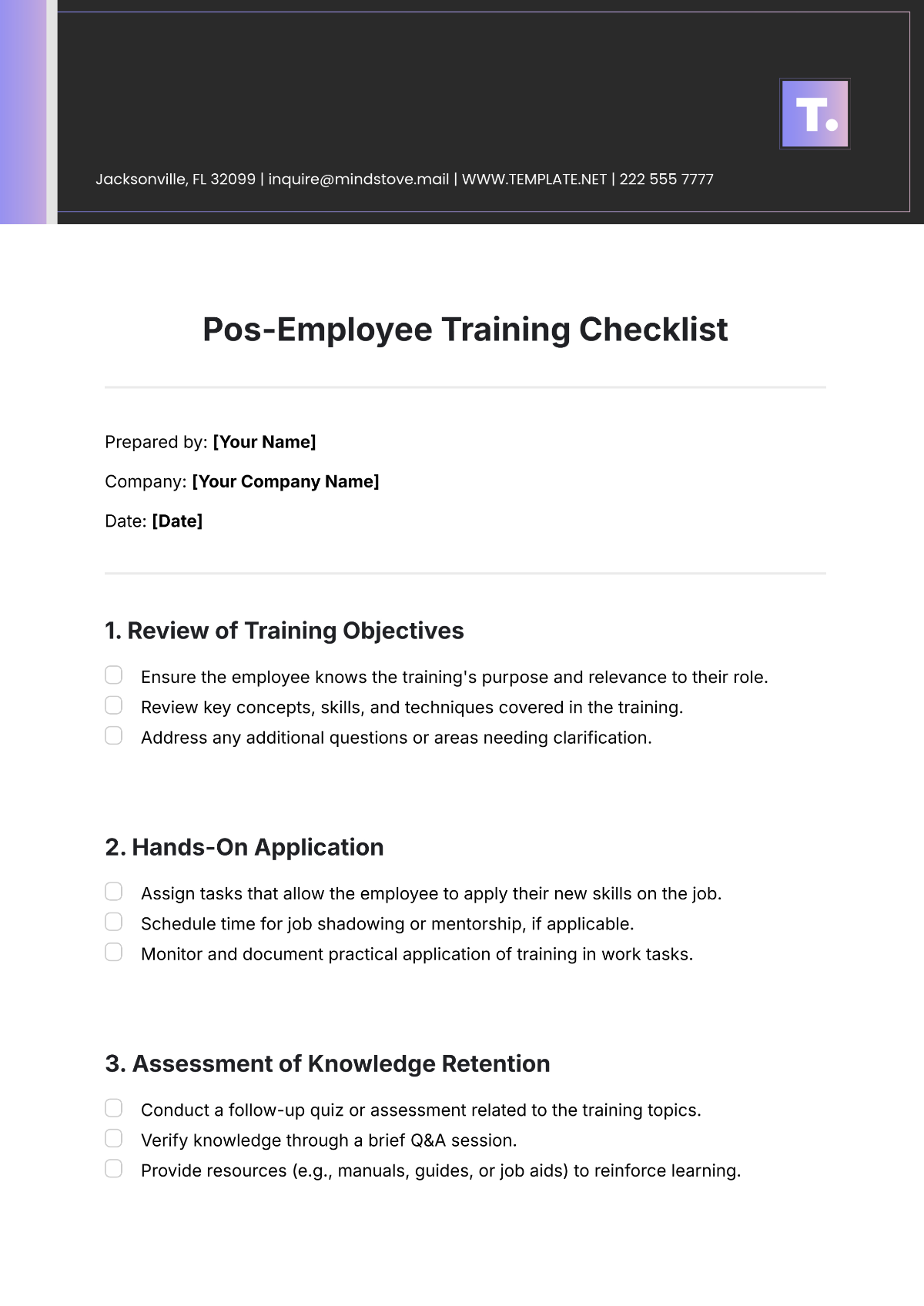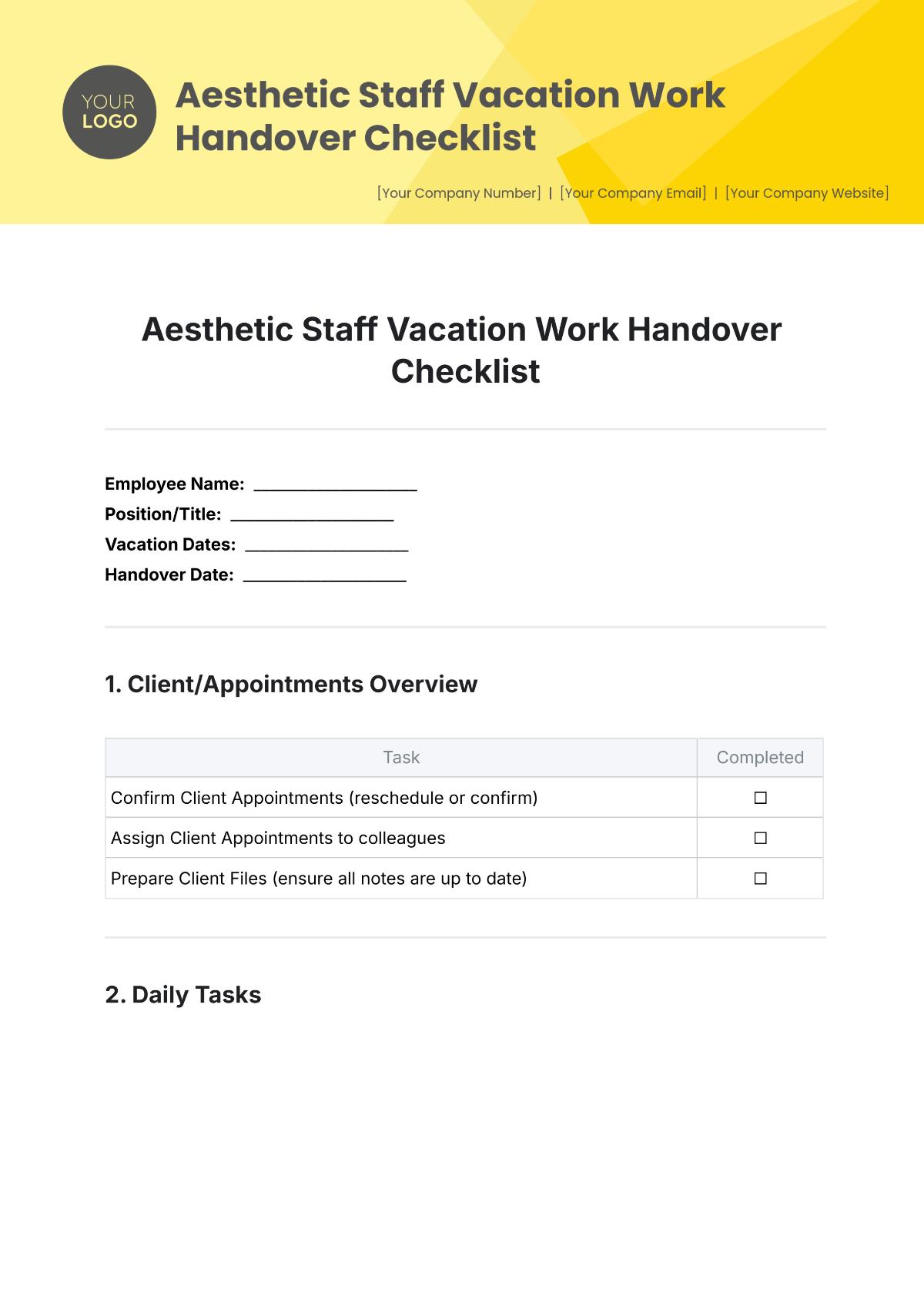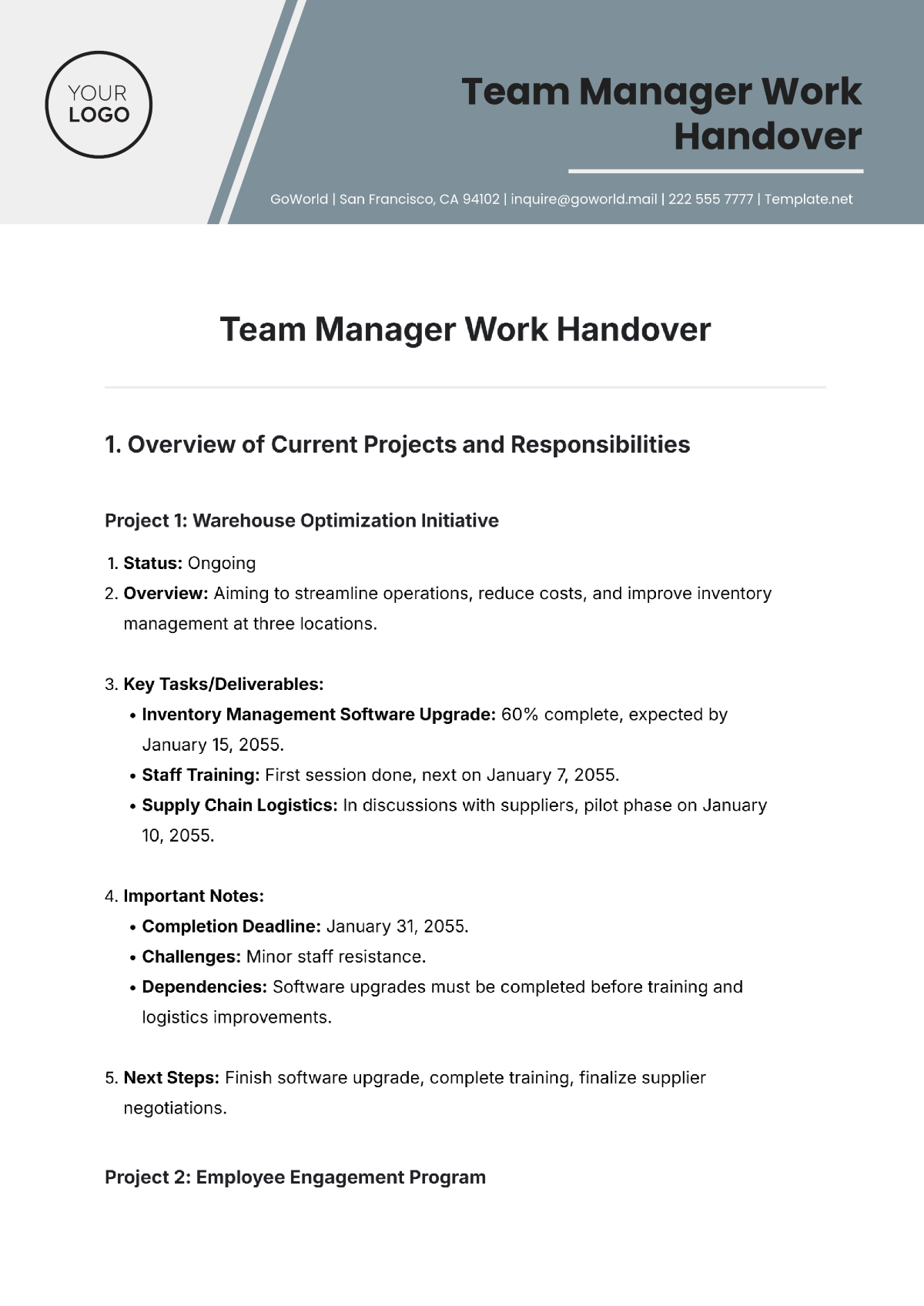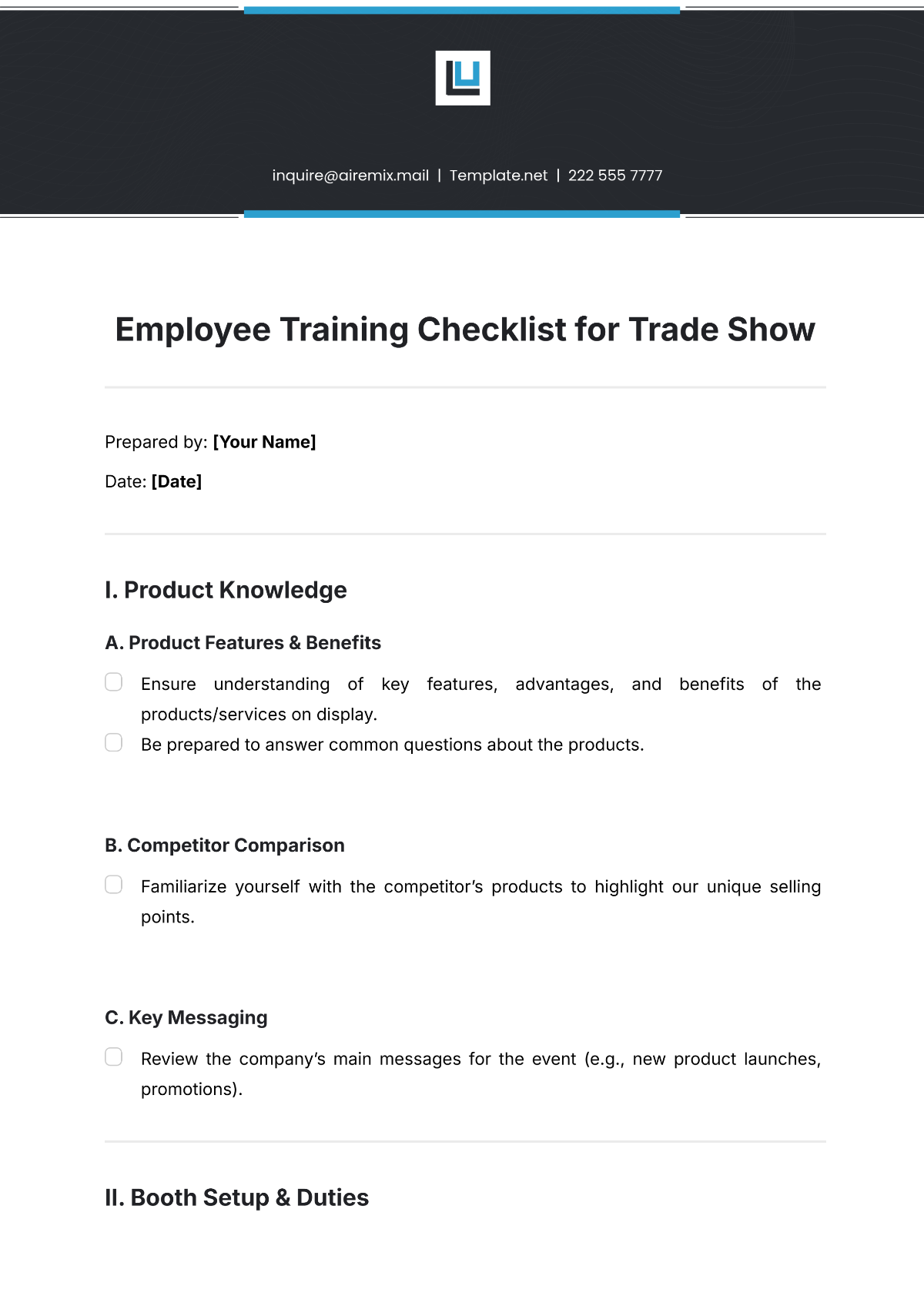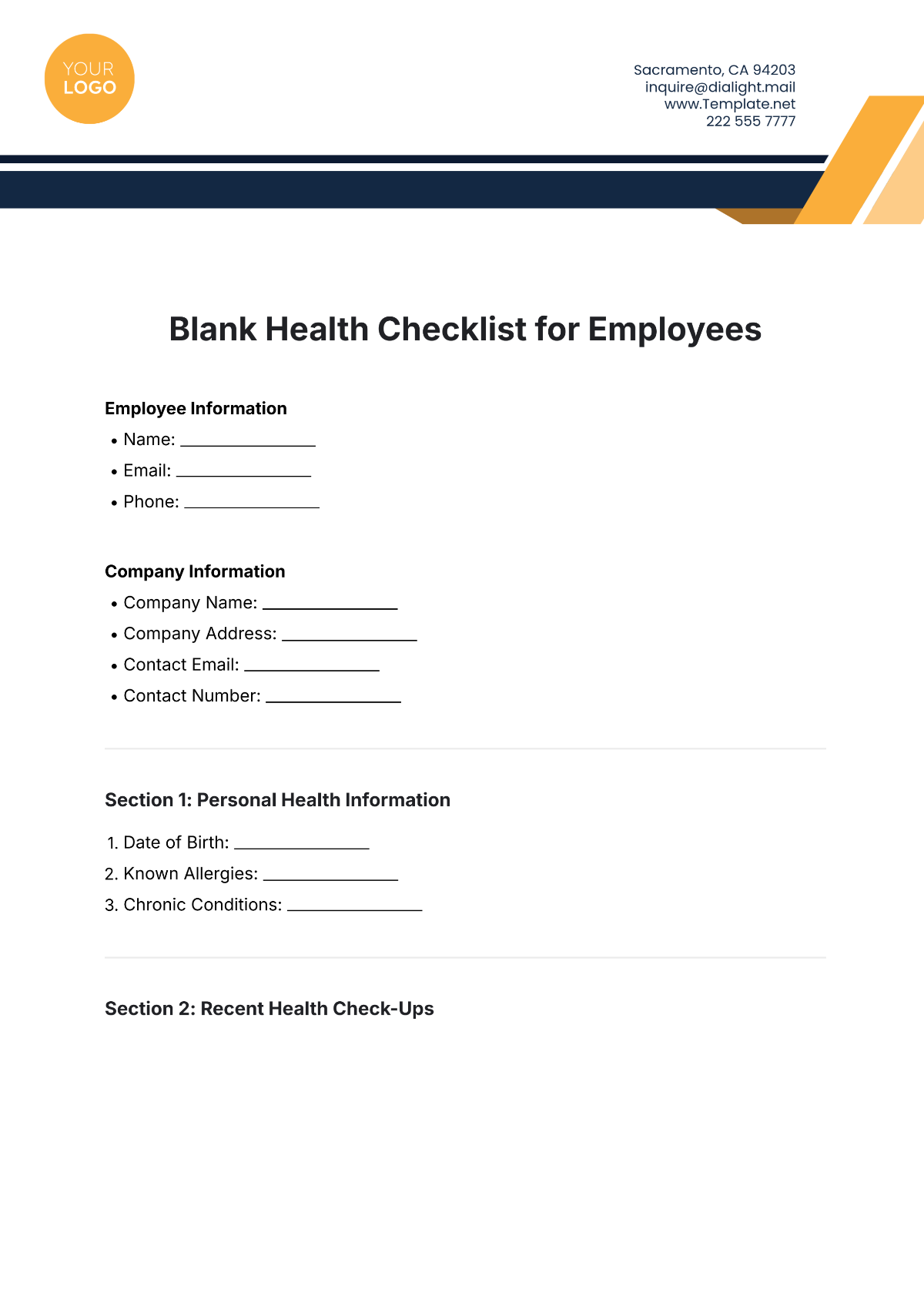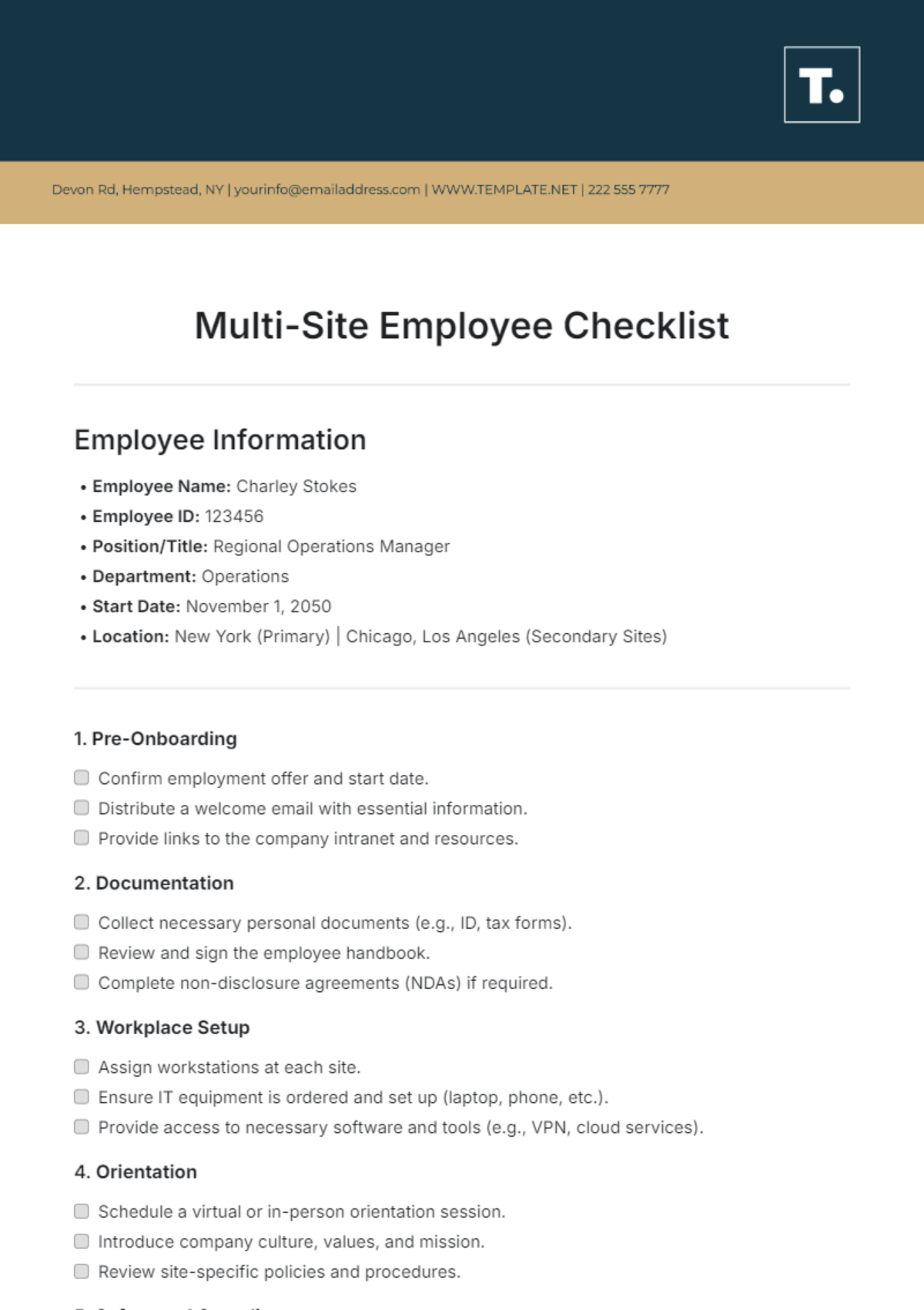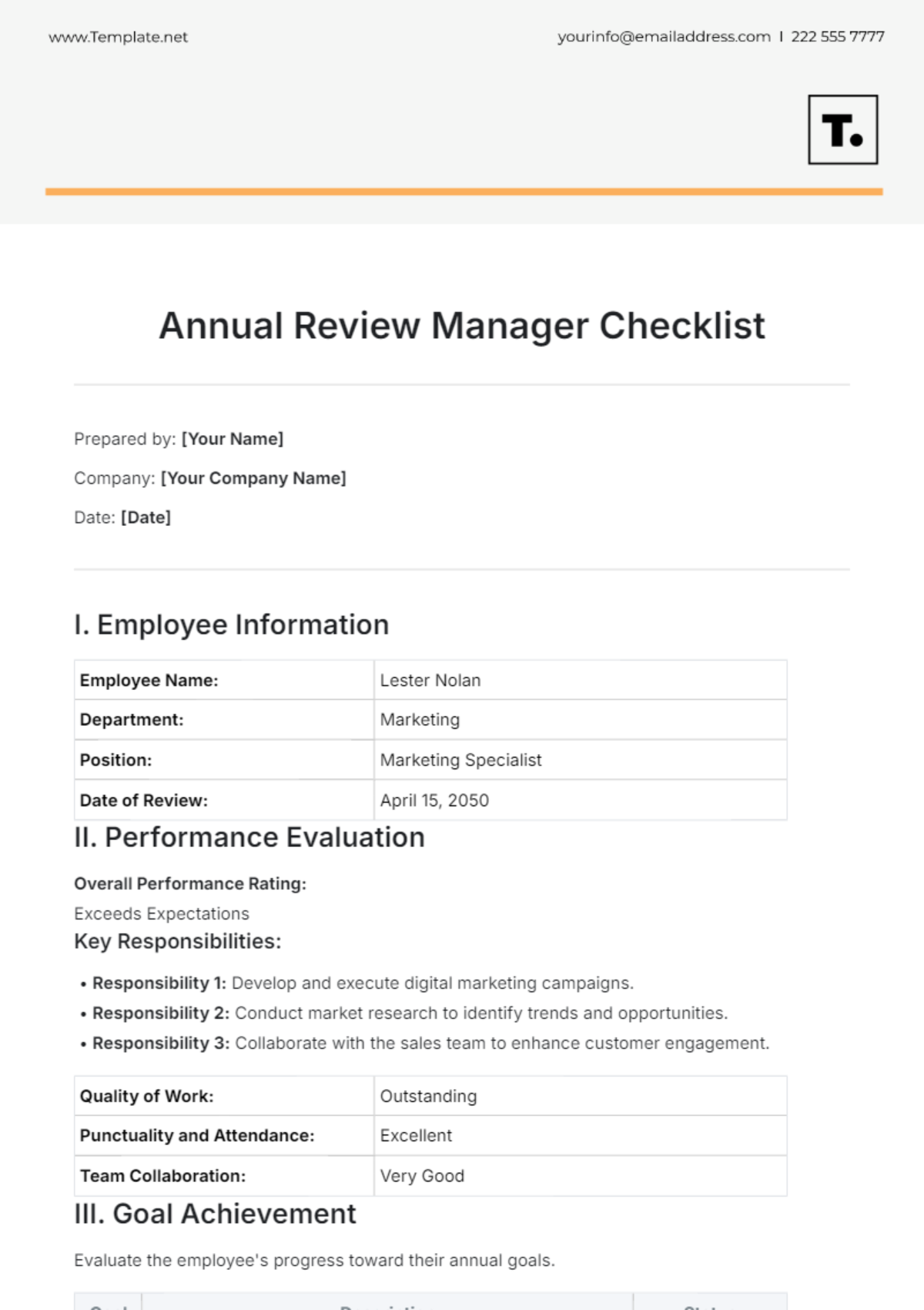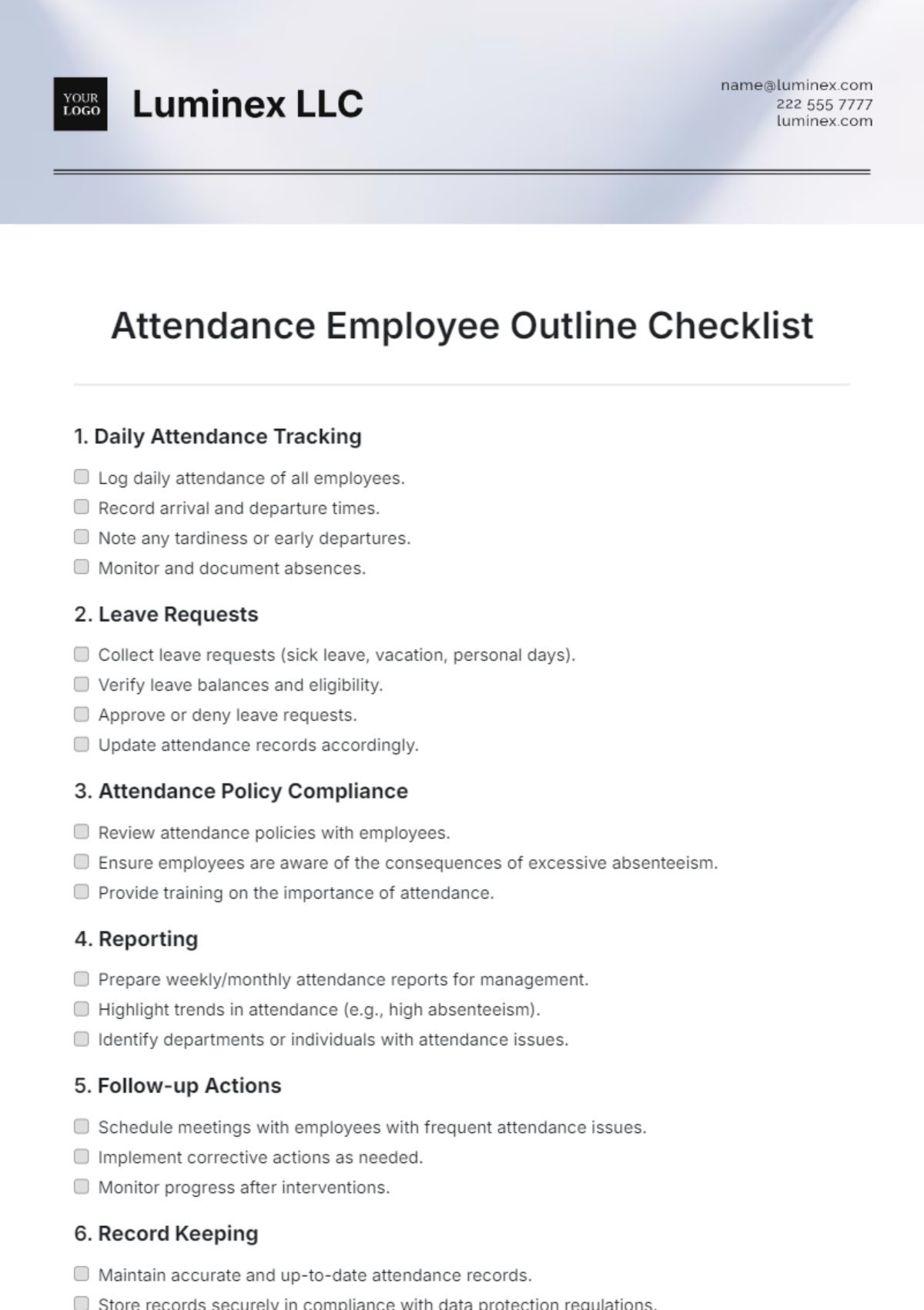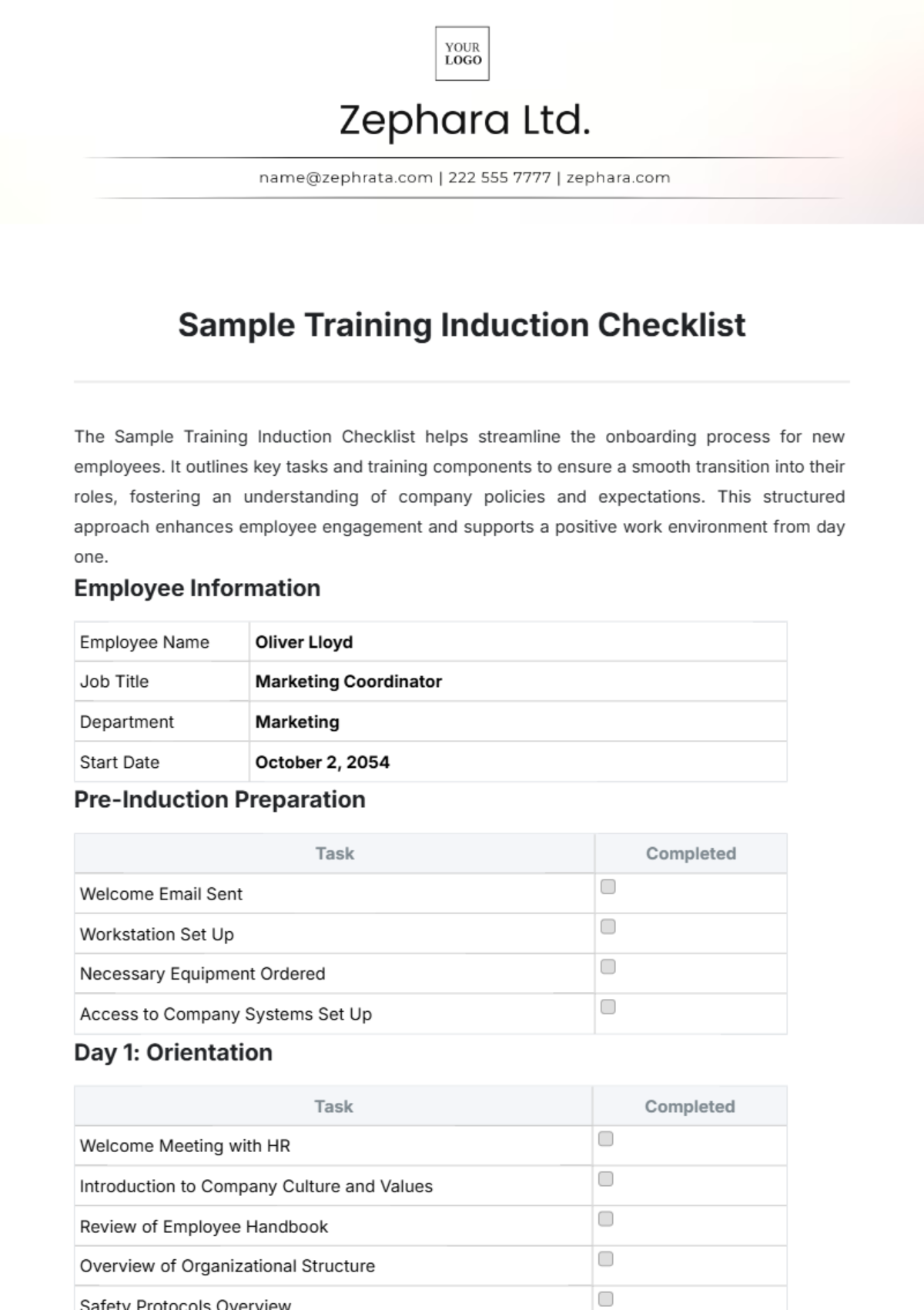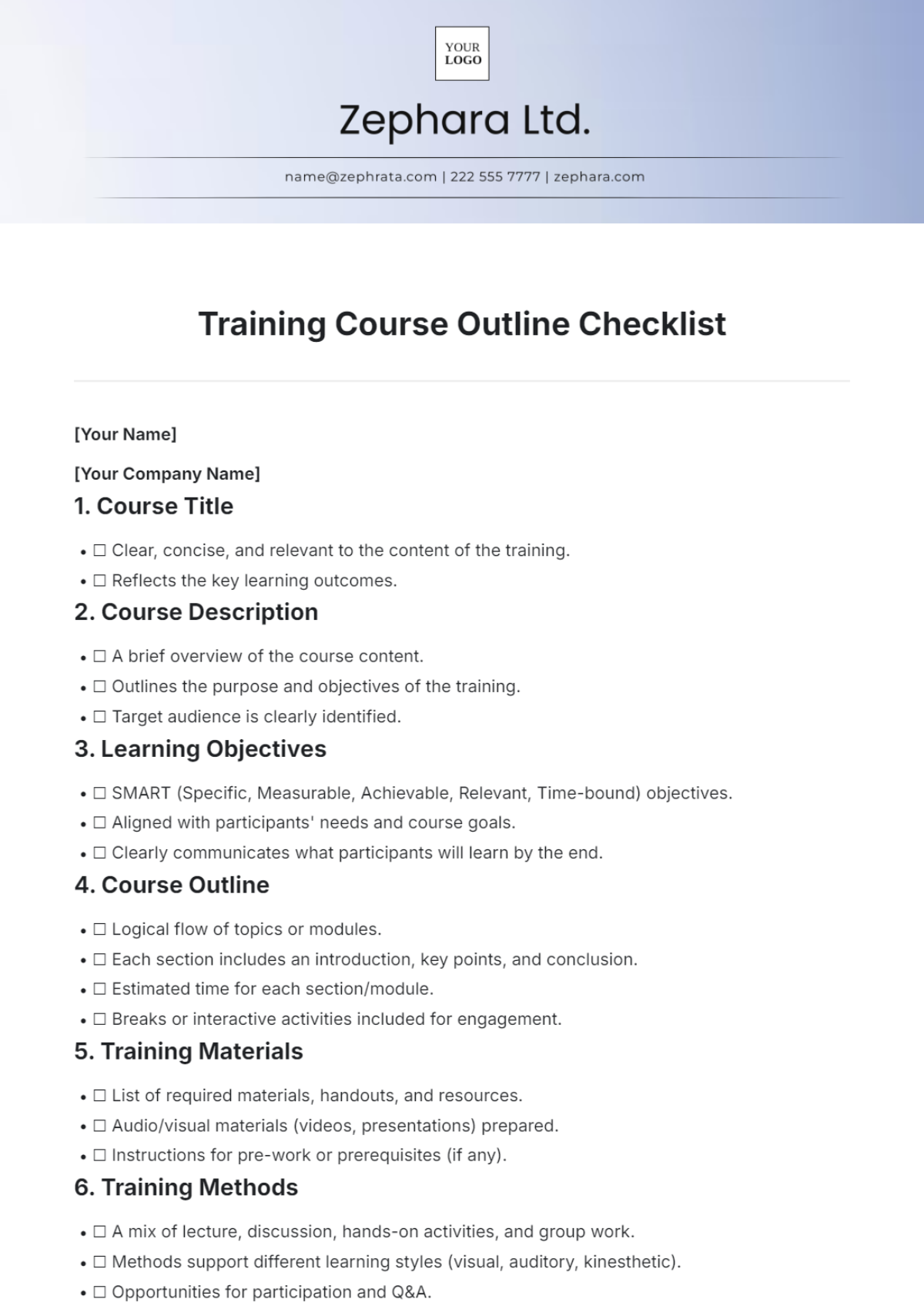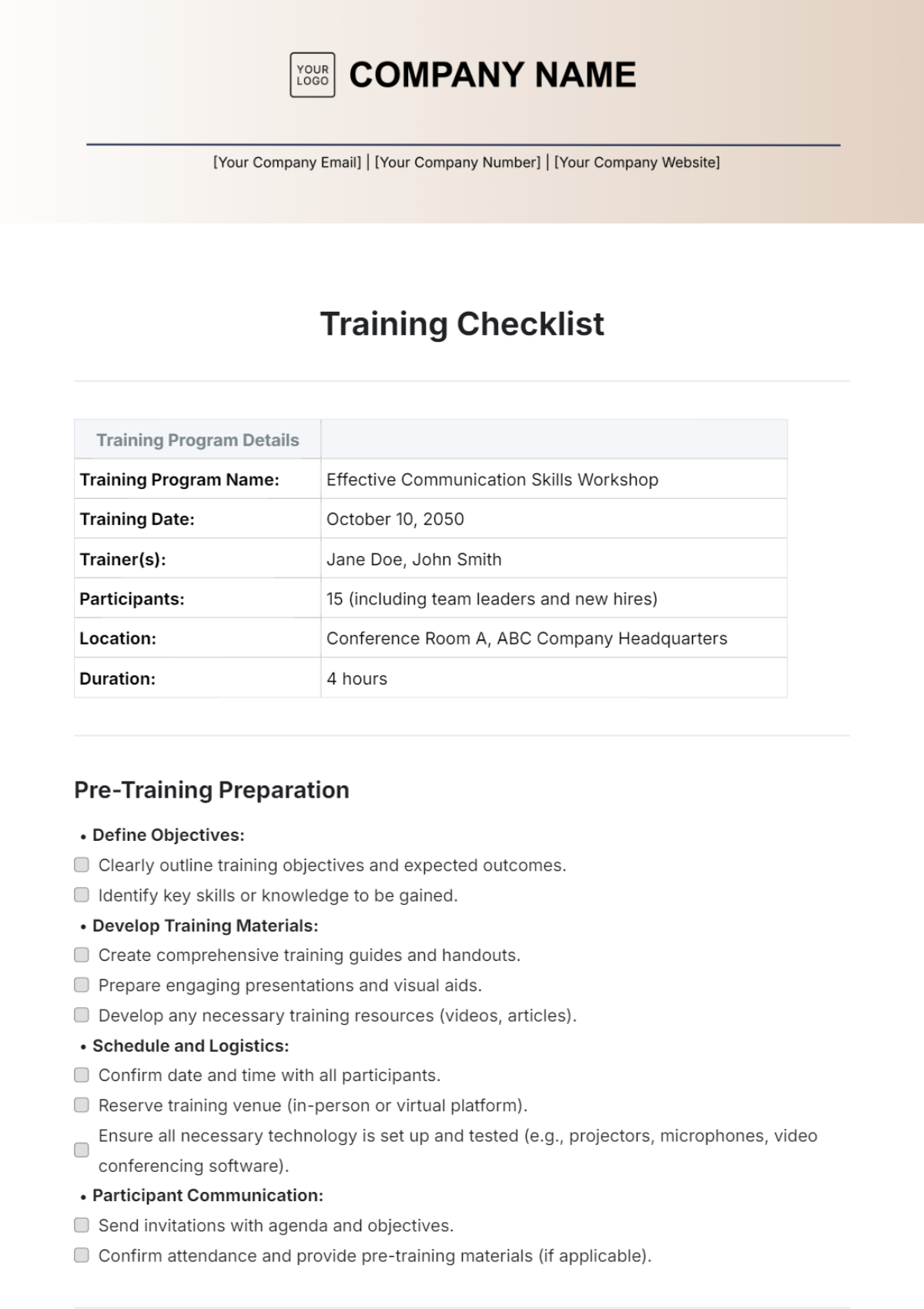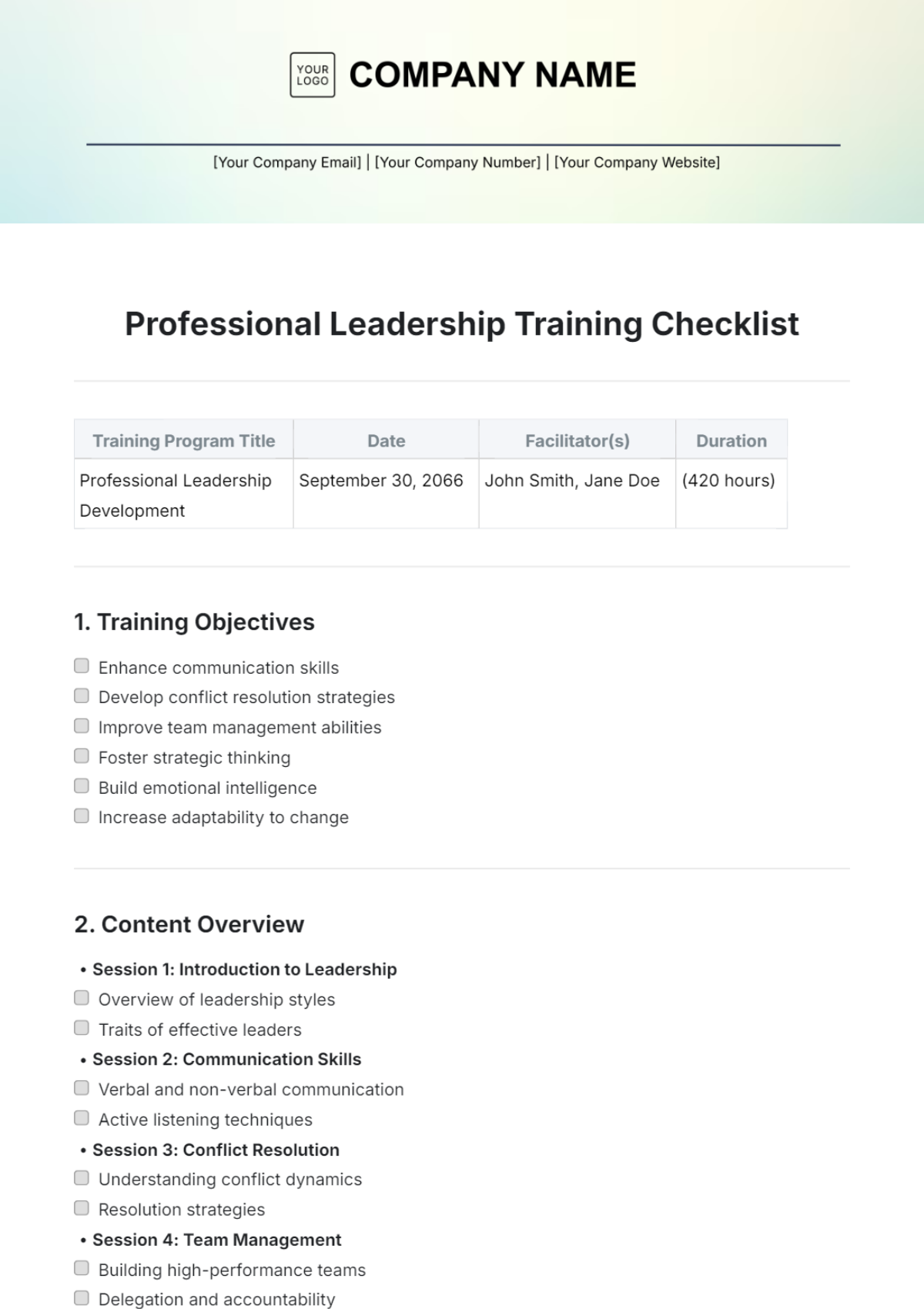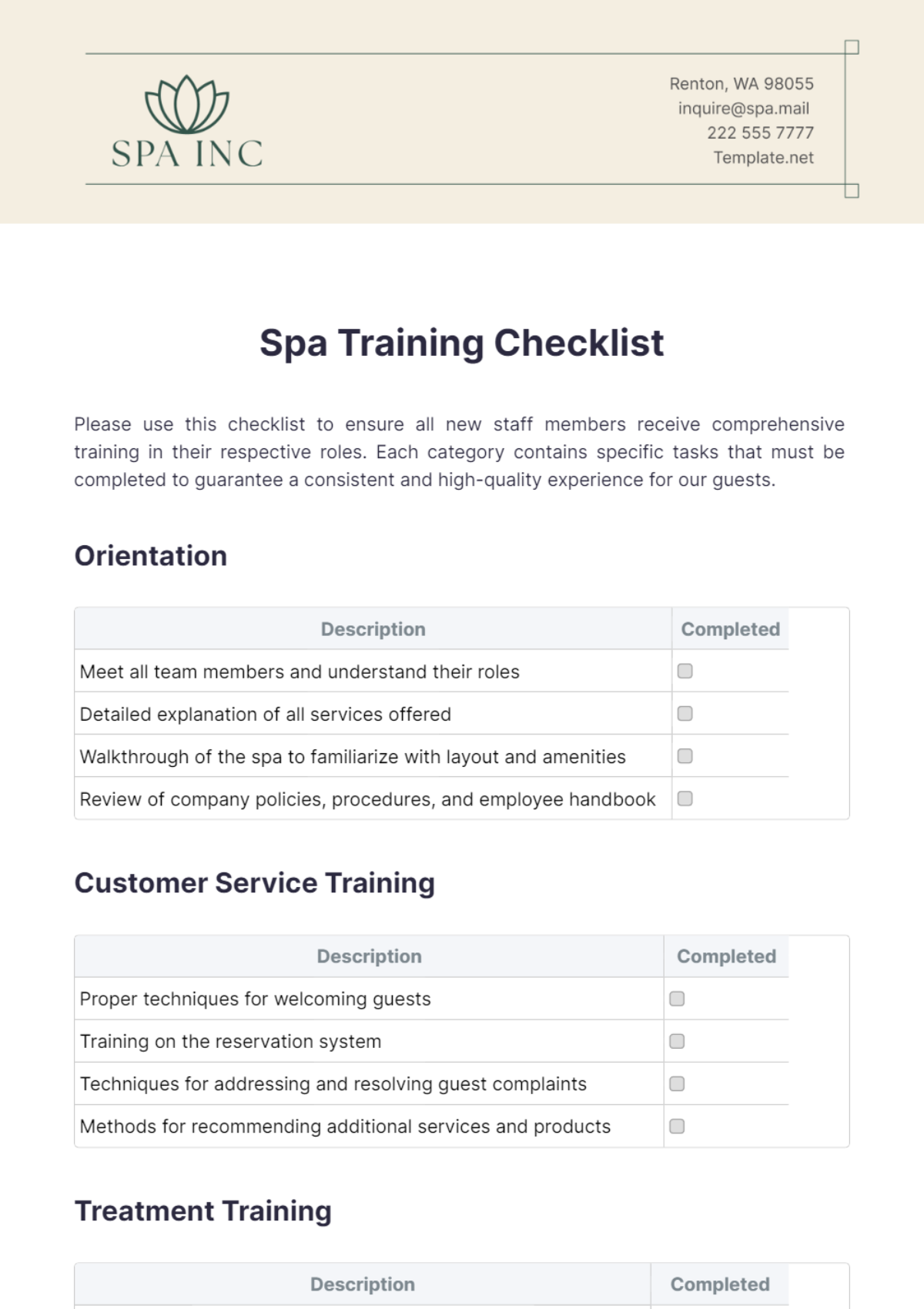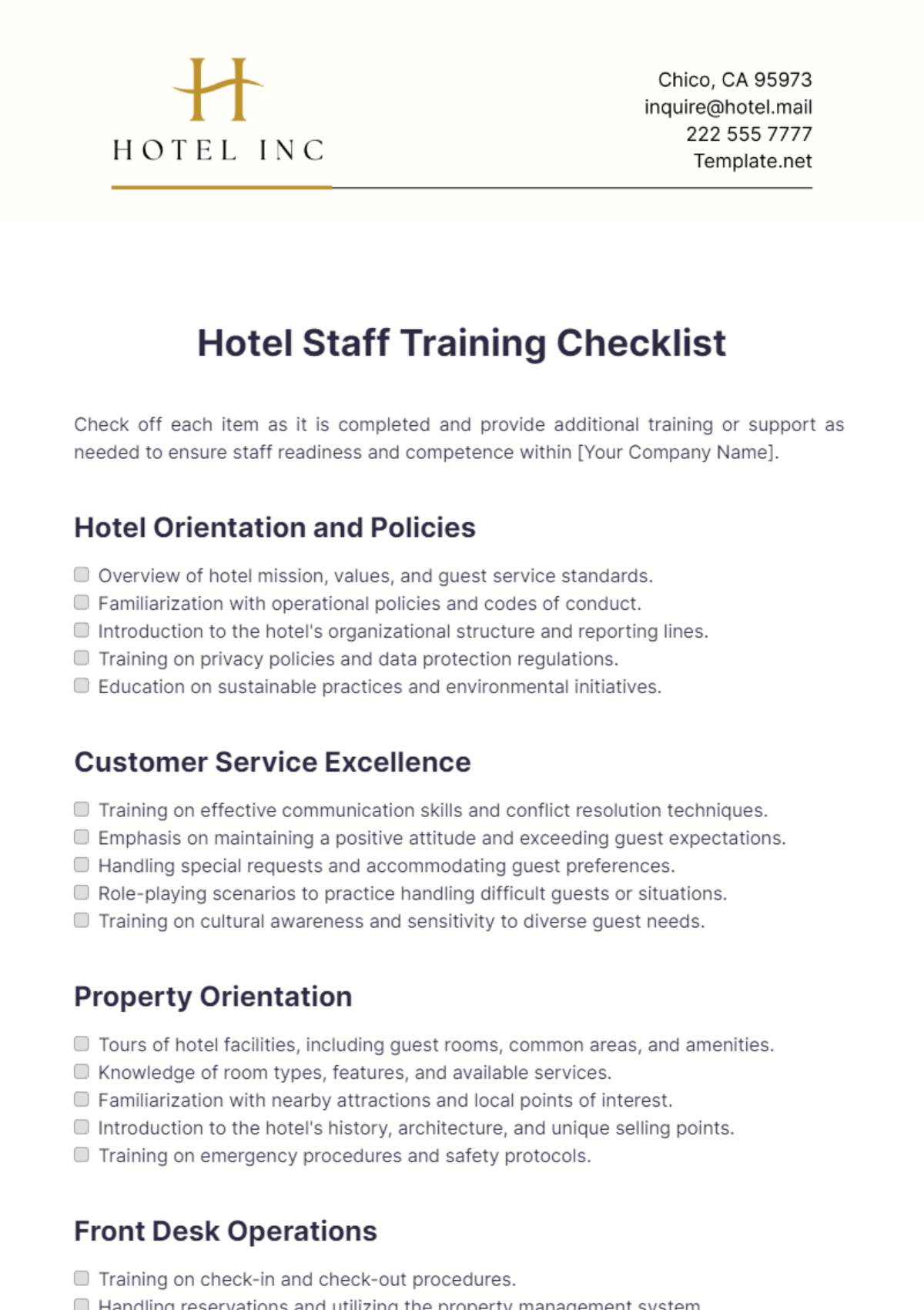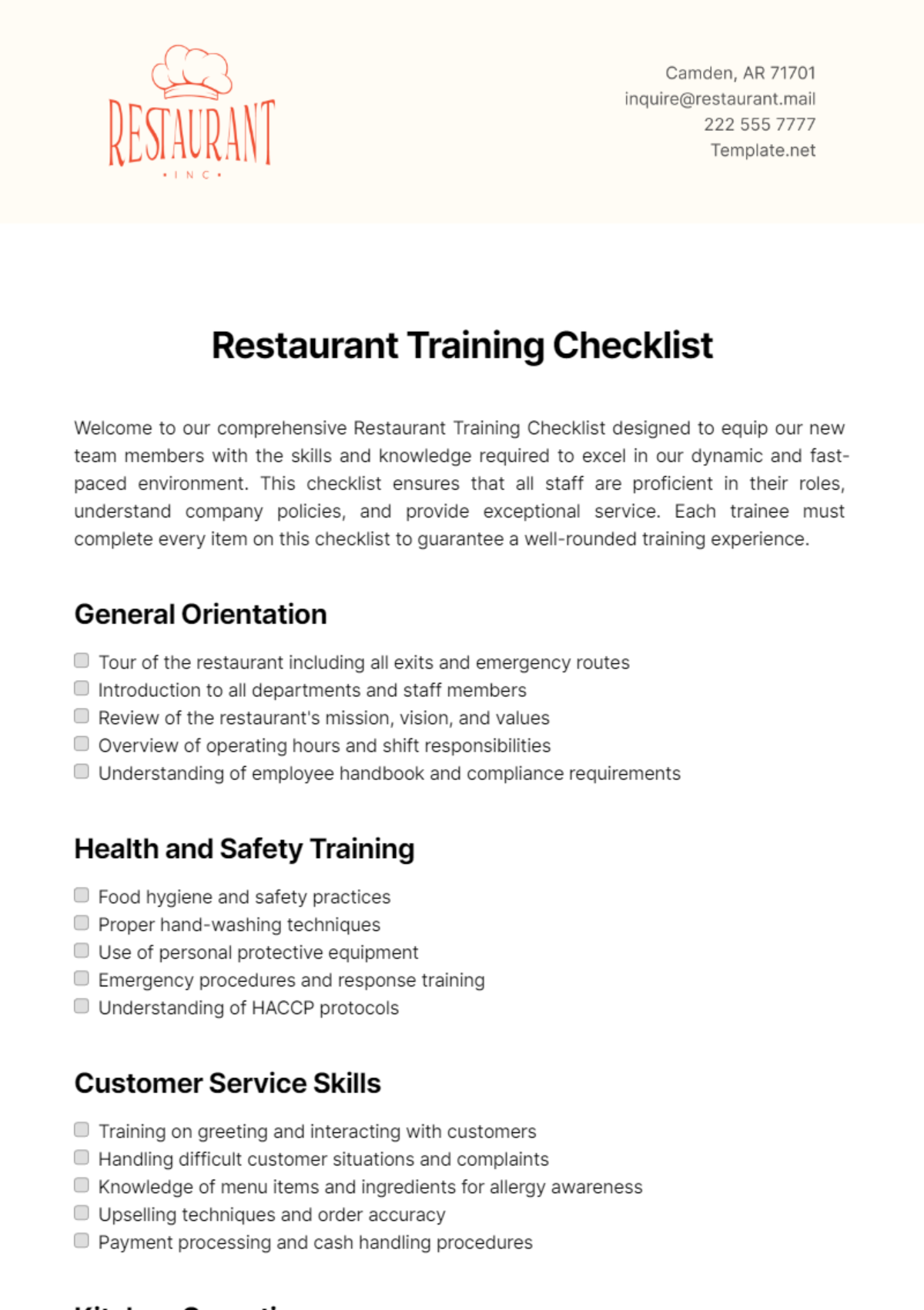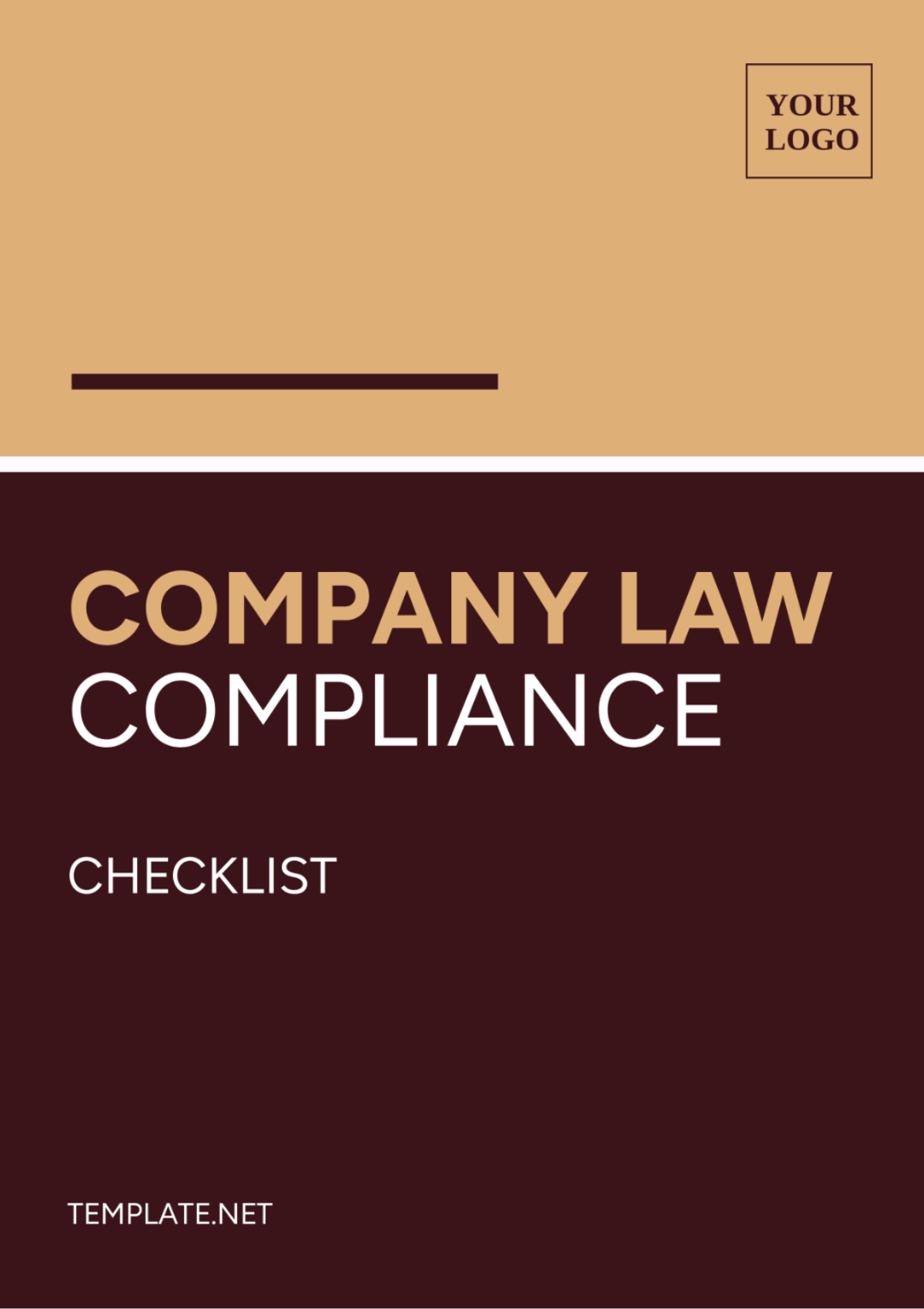Preventive Measures Checklist HR
Protecting Your Well-Being And Safety
Preventing problems and maintaining a safe environment is crucial. Use this checklist to ensure you're taking necessary precautions to safeguard yourself and those around you.
1. Home Safety
Install smoke detectors on every floor and test them monthly.
Keep fire extinguishers in accessible areas and check them regularly.
Secure heavy furniture to prevent tipping.
Install carbon monoxide detectors in sleeping areas.
Regularly inspect and maintain gas appliances.
Keep a first-aid kit accessible and up to date.
Ensure emergency exits are clear and easily accessible.
Lock doors and windows when leaving home or going to bed.
Store hazardous materials securely and away from children's reach.
2. Personal Safety
Carry personal identification and emergency contact information.
Inform a trusted friend or family member of your whereabouts.
Avoid walking alone at night in unfamiliar or poorly lit areas.
Lock your car when unattended, and park in well-lit areas.
Don't share personal information with strangers, especially online.
Be cautious of phishing emails and protect your digital accounts.
Regularly change passwords and enable two-factor authentication.
Familiarize yourself with self-defense techniques and tools.
Stay updated on local safety recommendations and advisories.
3. Health And Wellness
Maintain a balanced diet and stay hydrated.
Exercise regularly and follow a fitness routine.
Get sufficient sleep (7-9 hours per night).
Attend regular medical check-ups and screenings.
Wash hands frequently and practice good hygiene.
Follow recommended vaccination schedules.
Manage stress through relaxation techniques or hobbies.
Limit alcohol consumption and avoid illicit substances.
Always wear seatbelts when driving or riding in a vehicle.
4. Environmental Awareness
Reduce, reuse, and recycle to minimize environmental impact.
Use energy-efficient appliances and lighting.
Conserve water and reduce water waste.
Plant trees and maintain green spaces.
Be mindful of local wildlife and ecosystems.
Report environmental hazards or pollution to authorities.
Stay informed about climate change and its effects.
Support organizations working for environmental conservation.
5. Emergency Preparedness
Create an emergency kit with essential supplies (food, water, flashlight, etc.).
Develop a family emergency plan with meeting points and contacts.
Know how to turn off utilities (water, gas, electricity) in your home.
Familiarize yourself with local evacuation routes.
Keep important documents and records in a waterproof container.
Stay informed about local emergency alerts and weather forecasts.
Learn basic first aid and CPR techniques.
Consider taking a CPR and first aid course.
Remember, preventive measures are essential for personal safety and the well-being of your community. Regularly review and update this checklist to adapt to changing circumstances and risks. Stay vigilant and prioritize safety in all aspects of your life.
